Harry Potter and the Snapewives
Previously, we got a little deep in the weeds on a particular piece of precarious history in the deep and dark annals of Potter fandom. Before we return to that particular hole and begin to plumb it once more for sordid tales of deviancy, debauchery, and fandom nonsense, I figured it that perhaps both my readership - and my own mental health - would be better served by not diving head-first into yet more internet lunacy and, instead, focus on some other aspect of the many-faceted and many-headed hydra that is Harry Potter and its adjacent fields that isn’t as prickly and depressing. Something we can all sit back and laugh at, guilt-free. And I think I know exactly what piece of Potter ephemera the occassion calls for.
Reader
, in the comments of my previous piece on the Snapewives, had an insightful metaphor that I thought is quite apt when it comes to the Potter fandom, in regards to what kind of fandom it is; whether it is or isn’t one that will remain a constantly evolving, self-perpetuating, cyclical thing, a la the fandom surrounding Star Trek, Star Wars, damaged as they may be, and, as she notes, the ever-green and consistent fixture of English literature and media, Sherlock Holmes, or rather a sudden and unexpected concussive force that, while violent and powerful, dissapates quick and leaves little in the way of lingering influence. Think of the fandoms surrounding properties such as the Twilight novels, The Hunger Games, and other such properties that only briefly captured the public imagination as the flavor du jour before petering out like a fart in a hurricane. She wrote as follows:It seems quite apropos to compare the impact of Potter to some sort of nuclear reaction - it happens once, and, afterwards, continues to compound upon itself until there’s simply no more fissile material left to generate energy. Like radioactive waste, like spent nuclear fuel rods, like even the dreaded and infamous Elephant’s Foot of Chernobyl, deadly though they may be now, slowly, but certainly, the magic ju-ju that makes people go dead will, inevitably, go dormant over a long enough time and all that will remain is a stagnant, worthless heap of slag, no more dangerous than any other rock you might find in a field.
One can’t take a spent rod of thorium or uranium and somehow re-inject life back into it, re-energize it, or make it volatile again. Once it’s dead, it’s simply dead.
Or maybe not. My grasp on nuclear physics is rather weak. From my limited understanding, spent nuclear fuel is spent, and that’s that. Nuclear engineers, please, feel free to correct me in the comments.
Anyways, I think Olivia’s quite right in her postulation here, as the Potter phenomenon truly was a once-in-a-lifetime cultural event. It happened once, and, short of a Biblical-tier miracle occurring, it will not happen again. The fuel within that Potter bomb was detonated, and, now, all that remains is a much diminished core, which will one day be a relic that may serve as a novelty piece for future generations to gawk at as a simple curiosity in a museum somewhere.
Even as I’ve written these articles, I’ve received comments from younger readers in the Zoomer demographic1 who have corroborated the fact that Harry Potter very much remains outside of the Gen Z sphere of cultural influence, and, regrettably, one that continues to remain a defining feature of Millennial kid-dults that continue to identify themselves by which Hogwarts house they think they belong to. So many Millennial women like to think you're a witty and intelligent Ravenclaw but the truth is that they're going straight to Hufflepuff with my dumbass. The Sorting Hat told me so.
Unlike Star Trek, or Star Wars, or even Sherlock, given the scads of different Holmes media to be released in recent years that continue to make money, Potter never quite made that jump from Millennials to Zoomers that these other properties did. Anime such as Pokemon, Naruto, and Dragon Ball made the transition better. Hell, fucking El Chavo del Ocho seems to have more of a presence in the Zoomer zeitgeist than Harry Potter does.
Ask any Zoomer of Latin American extraction to name all the main characters from the Potter franchise, and they might not be able to do it. Ask them to identify every character in this line up, and you’ll get the same answers every time.
Don’t believe me? Don’t believe that this Mexican sitcom starring a forty year old man playing an eight year old boy from the 1970’s is more popular with Zoomers than Harry Potter? Well, tell me -
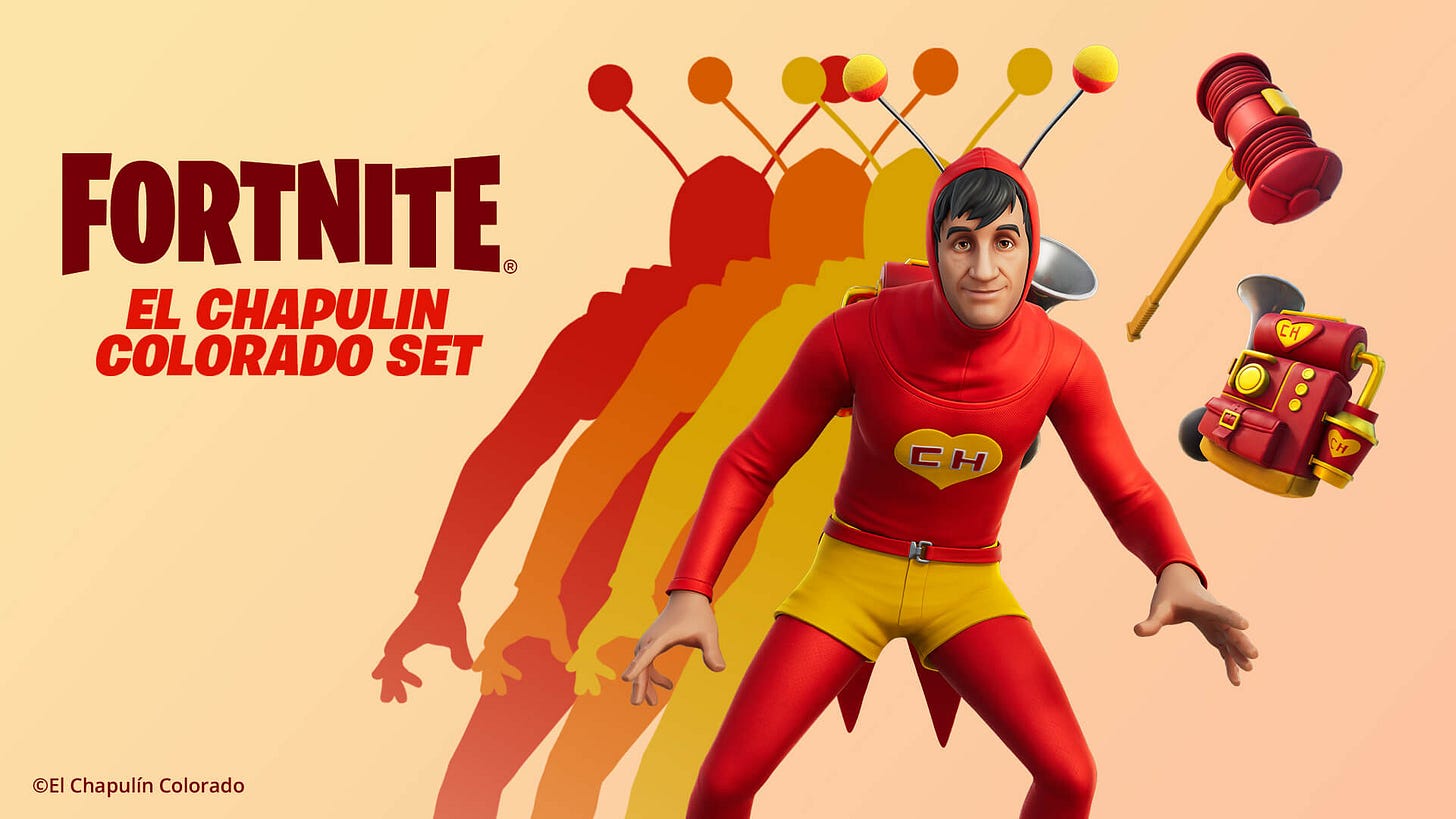
Is Harry Potter in Fortnite?2 Because fuckin’ El Chapulin Colorado is.3
This isn’t to say that there aren’t Zoomer Potterheads - there are. But not many. Seemingly, not even as many as Gen Z Star Wars fans. Despite how abysmal Disney’s mishandling of the Star Wars property has been, they’ve still, somehow, managed to attract a following among that generation. Maybe not as large a cohort as the previous generations of fans, but, like a bad rash you just can't shake, it's still there, and every time you think it's gone, it comes right back.
As the talentless hack in the cowboy hat Dave Feloni takes increasing control of the franchise, the bleeding of the Star Wars fandom seems to have staunched and its conditioned stabilized; anyone who was going to check out of it by now has, and all what remains is a smaller, but very dedicated and very loyal core of idiots audience that will continue to shamelessly and unquestioningly gobble up any old slop that Disney and Feloni throw in the trough.
A portion of these individuals still snuffling up the trash Feloni continues to litter the airwaves with are Zoomers that enjoyed his work on shows like The Clone Wars and Rebels, which what I’ve seen of both - and, yes, I did give them a fair shake at a friend's behest - failed to impress (or entertain) me.
Feloni's work is, in a word, amateur - everything about it feels unpolished, unrefined, and painfully cliché. He has, if the recent Dinsey+ series Asokha is anything to go by, a childish grasp of storytelling and a remarkably poor grasp on how to write dialogue, so much so that I find myself wondering if he’s ever had a normal conversation with a sentient human being before, or if all his social interaction comes from talking to AI chatbots. Like, with the money Disney has, you think they could afford to send this guy to a Screenwriting 101 class at the local community college in Burbank, or at least buy him a fucking copy of Screenwriting for Dummies.
Normally, I find works that have an amateur quality to be charming, in a way. The word amateur actually began not as an insult, but from the French verb Amare, which in turn stems from the Latin word Amator - which means lover - and was and sometimes still is used to describe someone who simply engages in an activity not for money or fame or glory, but simply for love of the craft. It’s a beautiful thing.
Dave Feloni's dialogue and narrative like fan fiction written by a fifth grader, but, by virtue of being a product that has hundreds of millions of dollars worth of assets dumped into it by the largest entertainment company on the planet with access to the finest and best resources in the industry, it still doesn’t feel like an amateur product.
The sleek and expensive production of Disney Star Wars robs the sense of charm that you might find in a plucky, upstart passion project like a Clerks or a Bad Taste, which were the first low-budget outings of their respective directors. When you watch those movies, you get a feeling that the directors are truly talented people that, with more resources and money, could go on to make great movies - which both Kevin Smith and Peter Jackson did. But, when Dave Feloni makes a highly polished series with all the resources in the world at his fingertips and paid for by a blank check that still possesses all the rough edges of an amateur product, it doesn't feel like the result of a great artist hamstrung by limited means and a tight budget; it just feels lazy and incompetent. The latter of which I'd argue the man very much is.
Yet, I also must give Feloni credit where it’s due; the man managed to wrangle in a new generation of fans to keep shelling out money for Bad Batch Funko Pops and Asokha4 Tano Dakimakura that he can then use to put more gas in the Star Wars tank.
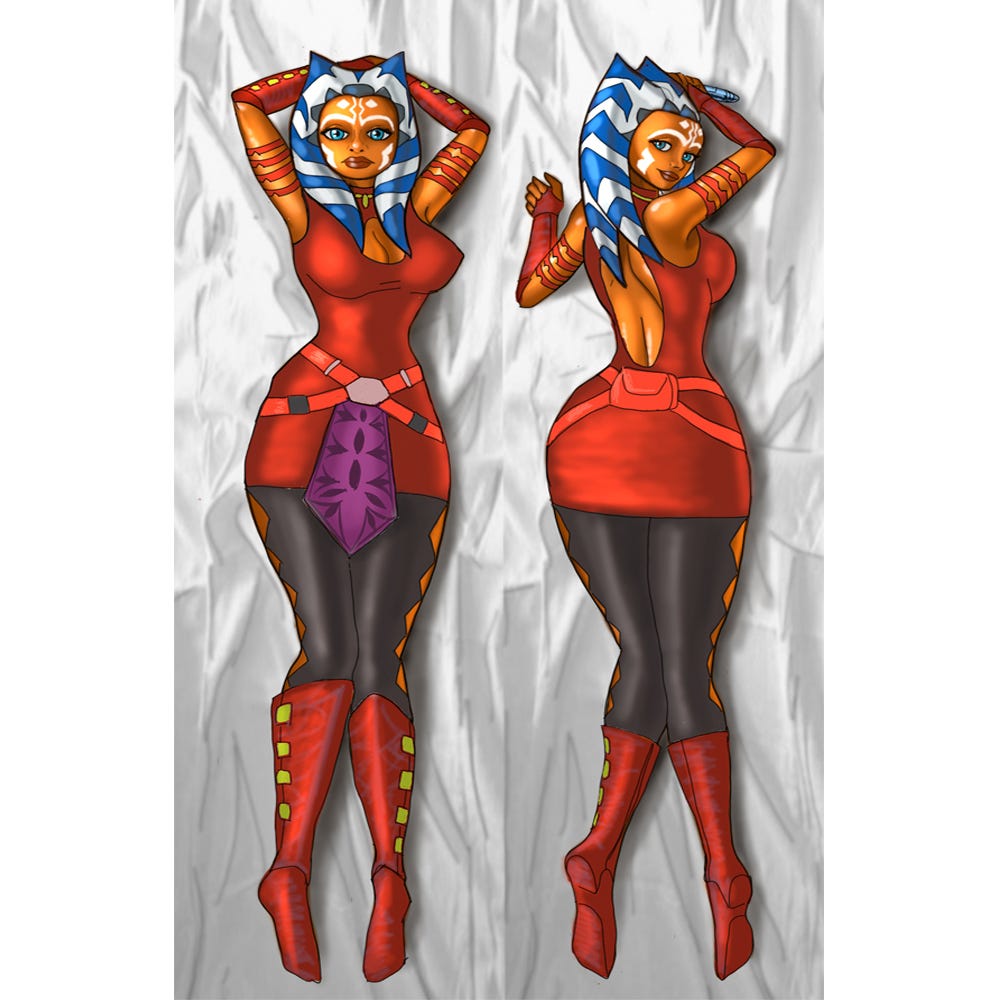
Yay.
Love him, hate him, it doesn’t matter. He’s one of the most atrocious dialogue writers I’ve ever had the displeasure of watching the material of, but the man, if nothing else, gave Star Wars the shot in the arm that it desperately needed to keep the franchise on life support after it’s years in the wilderness. Were I one of the crowned heads of Walt's Kingdom, I would be satisfied with the fact that Feloni has managed to resuscitate the franchise from near death, since it means I'd still be collecting a paycheck regardless of the quality of whatever he was putting out. If shit sells, well, it sells, and money gained off hawking shit spends as well as money earned from selling a decent product.
And here's the rub; loathe as I am to admit it, the Potter franchise needs a Dave Feloni. Unlike Lucas and Star Wars, J.K. Rowling is still the chief creative behind all Potter projects at this time. It needed someone who could repackage it and sell it to a new generation that came after the original run of novels and movies.
To loop back to the nuclear metaphor, Warner Brothers wants nothing more than to give the Harry Potter franchise a similar shot of adrenaline. Maybe you can’t make a spent uranium rod radioactive again. Maybe you can’t ice skate uphill. Maybe you can’t make the rain fall up. But damn it if they aren’t gonna try. The results? Well, it’s a mixed bag. For a lot of reasons.
One of George Lucas’s smarter moves, when it came to how the original six Star Wars movies were released, was that he waited a carefully calculated amount of time between movies. I understand that, during the production of the original series, he couldn’t, really, but even when he had the money and clout to do so, he didn’t. He realized that the best strategy a salesman can follow is always leave them wanting more. Not too much; just enough. There was time for the series to percolate in the imaginations of the public. By releasing them so strategically, he made sure that a new Star Wars installment wasn’t just another movie playing in theaters - they were a cultural fucking event.
However, Hollywood is full of morons that only think in the short-term and seemingly have no concept of long-term planning or strategizing, and, for whatever reason, they seem to believe that the only way to keep a series relevant is to bash the public over the head with and never let you forget it’s there. They see the public like a giant baby with no sense of object permanence; they think that if the audience doesn’t see a property, then it might as well not exist.
Given the diminishing returns this strategy of constantly pumping out new content just for the sake of having new content regardless of quality is now verifiably proven with the slumping profitability of Star Wars and the Marvel Cinematic Universe alike, I think we can all agree that if you can have too much of a good thing after a while, it doesn’t take all that long before you get too much of a subpar, mediocre horseshit.
I wonder why.
Let’s take a brief look at the timeline of the Potter Franchise.
By 2007, Harry Potter and the Deathly Hallows was released a full decade after the 1997 release of Harry Potter and the Philosopher’s Stone, bringing a conclusion to the novels. In 2007, the movie series had just reached the fifth installment - Harry Potter and the Order of the Phoenix - which meant there would be a few more years with which to wring films out of the original books. This came to an end with the 2011 release of Harry Potter and the Deathly Hallows Part 2. That very same year, the site Pottermore would open for registration.
Pottermore was an official endeavor by Warner Brothers and Sony Studios, with direct involvement from J.K. Rowling herself, to create a unified front for the series going forward. It wasn’t a question of if the series would continue, but when, and what shape it would take. Pottermore was created at the time to be sort of a hub for new Potter news, and still stands today as one of the last great examples of a proprietary site, the kind of which you’d see in the 2000’s, before the internet became little more than just four monolithic social media platforms with screenshots of the others being posted ad nauseam. You know the type; there would be a news section, but there were also little flash games, quizzes, coloring pages, all that kind of chintzy time-waster shit that you could find on Nickelodeon.com and Disneychannel.com that would entertain bored suburban kids for hours on end.
Pottermore’s real claim to fame, though, was that it was one of the first places where the world beyond Hogwarts began to take shape. I want to do a deeper analysis of the broader Wizarding World as a setting in another article, so forgive me if I skimp on details here, but Pottermore was really only of interest to real fans of the series for the tantalizing scraps of world building that Rowling released in both overt and surreptitious ways. It was the first place that fans would hear the name Ilvermorny - the American wizarding school.
Again, we’ll touch on Ilvermorny again in another piece, but, for now, just know that they were already setting the stage for a slew of spin-offs the very same year the movie series came to an end. No doubt Warner Brothers was feverishly scrambling to figure out how the extend the ailing cash cow’s lifespan through all manner of necromancy and dark sorcery.
But they didn't work fast enough.
This slow drip of new information and world-building was simply not enough to keep momentum moving. Fans slowly drifted away as content was teased and hinted at, but never revealed. Simply put, the nuclear fuel was beginning to fizzle out.
I'm not defending the utter absurdity of Star Wars and Marvel releasing a movie or even multiple film a year. Far from it. As I stated above, there was simply too much, too quick, and people got sick of it, and the dwindling returns at the box office speak to that.
But, if you want to keep a franchise's momentum going, you have to do something to keep people sticking around. Not too much. Not too little. There's a sweet spot, somewhere in the middle. You gotta get the food out at just the right time, not too soon and not too late, not too much, and not too little - otherwise, they’re gonna go look for a meal elsewhere. Much like running a restaurant, it's a delicate balance and a dangerous game. And, to continue that metaphor… Harry Potter left a lot of customers sitting at their tables for too long with only stale breadsticks to whet their appetites.
It wouldn’t be until 2016, five years later, that the first proper spin-off, Fantastic Beasts and Where to Find them, was released. The screenplay would be penned by none other than Rowling herself, which meant that this was as close to the heart of the source material as one could get.
It was loosely based on a 2001 spin-off book that Rowling wrote as a fun bit of worldbuilding of the same name, along with another, Quidditch Through The Ages.
I owned of these books. They were neither long nor challenging, but they were awesome. I’m a sucker for shit about monsters and beasts and whatnot, and that’s all this book was. When it was announced that the future movies would tie into this book, I was very curious to see exactly how it would play out, given that the book is literally just a bestiary of various monsters found in the Wizarding World.
And, uh…
Well, they certainly made a movie.
Eddie Redmayne plays Newt Scamander - the in-universe author of the book Fantastic Beasts - was re-imagined as an eccentric animal collector from the Depression-era, who travels to America, meets a down-on-his-luck muggle played by Dan Fogler that he befriends, and the two go on a rip-roaring adventure through 1930’s New York City when his menagerie of… well, Fantastic Beasts escape their confines in his magic suitcase and begin to wreak havoc throughout the city, all the while trying to evade agents of the Magical Congress of the United States after being arrested by and escaping a disgraced auror - basically a wizard cop - played by Katherine Waterson.
Hijinks ensue.
The movie isn’t bad. It isn’t great, but it isn’t bad. I actually think that Redmayne, Fogler, and Waterson all play off each other as a wildly disparate trio who are reluctantly forced to work together quite well. The story is simple and unchallenging, and it all unfolds exactly as you figure it will from the very moment it opens. The ending, too, is pretty fucking hokey when, after downtown New York is almost destroyed and magic is revealed to basically every muggle in the city, Scamander released a thunderbird to create rain that, like, just so happens to possess amnesiac qualities, so everyone who just saw some magical beast tear through the biggest city on Earth just happens to conveniently forget what they saw and preserve the secrecy of Wizarding society. It’s corny, it’s cliche, and it really isn’t good, but it does wrap up the story and tie up all loose ends. It could have been perfectly satisfactory as an unremarkable but unoffensive one-off adventure featuring characters that no one really needed or wanted more of.
If nothing else, if they had to make a sequel, Newt Scamander, being something of a nomad, could travel elsewhere and have many adventures all over the world, showcasing what wizarding societies abroad might have looked like. Perhaps he could go to Interwar Paris, or the Weimar Republic. Japan. Australia. China. Maybe they could get really creative and take the adventure to Brazil, where the Latin American magical school of Castelobruxo was located.
The Pottermore site had never really elaborated on any of these other countries or magical societies, though, the bones were there and ripe for the opportunity to be fleshed out. Besides - the movie was met with lukewarm critical reception, but it made a tidy sum of $811 million at the world wide box office, so, more was coming, of that we could be certain. Given that they had J.K. Rowling on the hook to write more movies, and she was writing all this supplemental world-building material, it only made sense that they’d take the film series beyond what we’d already seen in the Potter books rather than just continue to tread old ground.
Right?
In 2018, two scant years after the first, The Crimes of Grindlewald was released.
I don’t want to go into what happens. I don’t care, and clearly, J.K. Rowling didn’t care when she wrote this movie, so it doesn’t matter. It sucks. Everything that made the first one even slightly fun and interesting is gone. That might sound strange, especially if you know that basically the entire cast from the first movie return for this one, but that’s exactly it - the entire cast from the first movie returns. It was entirely unnecessary to drag back in Dan Fogler’s muggle character and basically anyone else from the first film. They were done. Their stories were told. He got a happy ending. Just leave the guy out of it. Why do you need to drag back him, Katherine Waterson, and all the other minor characters?
Worse, it doesn’t just rely on finding a convenient excuse to draw back in all the characters from the first movie - this movie marked the much publicized debut of Jude Law playing Dumbledore.
Not bad casting, to be fair, but at the same time - why?
Why did Newt Scamander - a traveling wizard zoologist, basically a magical Steve Irwin - get drawn into a fucking wizard war between Dumbledore and Grindlewald? Why did Dan Fogler’s character, who can't even use magic? Why did Katherine Waterson's character If they really wanted to keep them together as some sort of trio, fine, but why not send them off on a new adventure in some unique, exotic, and never before seen corner of the Potterverse instead of finding some convenient excuse to shoe-horn them into a plot that takes them back to Hogwarts so they can hobnob with characters like Dumbledore and Professor McGonagal?
Oh. Right.
Because there’s only one way that Hollywood knows how to make movies out of legacy IP’s anymore.
You ‘memba Dumbledore? Oh, yeah! You ‘memba! And - and Hogwarts! The Hogwarts Castle! Yeah, yeah! Look! There it is! You ‘memba!
Again - this movie, and the sequel, laughably titled the Secrets of Dumbledore, were nothing but memberberry sludge meant to get low IQ consoomers to soyjak and pog out and point at the screen and holler like chimps when they got the oh-so epic references and call-backs. It’s just retreading old ground to scrounge up a quick buck, and they both feel like a tedious, cynical exercise in needlessly explaining the backstory of a character (Dumbledore) who's backstory was already explained in the books.
Oh, and, yes - someone’s gonna say it, so, let me beat you to the punch. The Secrets of Dumbledore. I think we all know what it is.
Much to Warner Brother’s disappointment, the siren song of ‘Memba Dumbledore? fell on deaf ears, and this epic, big-brained, Machiavellian plan to reignite Pottermania with Eddie Redmayne’s mumbling, bumbling ass and Jude Law’s pretty boy swag quickly unraveled. The Crimes of Grindlewald made two hundred million dollars less at the worldwide box office. They also told Dumbledore to keep his secrets, because that movie made significantly less, still.
Why did these two movies fail in comparison to the first? I think there’s a variety of reasons.
For one, the first film was the first Potter movie in five years. Returning to the restaurant metaphor, fans that had been eagerly awaiting their next hit of magic and muggles finally got it, and damn it, they were going to feast like kings. The movie was also one that took place in an entirely different, never-before-seen corner of the Wizarding World that had long been teased on Pottermore. It was new. It was exciting in a way that returning to the same ol’ same ol’ of Hogwarts just wasn’t.
Secondly - they’re lazy. They’re just half-assed. The writing, the effects, the acting, everything about them is all all phoned in. I’ve said before that there are projects out there where you can feel the love and passion that those involved had for their work that radiates off the screen. This is the exact opposite. The apathy is tangible. Rowling was contractually obligated to keep writing movies, and Redmaybe was contractually obligated to keep performing in them. Dan Fogler and Katherine Waterson and Jude Law all just wanted a paycheck, I’m sure. Warner Brothers, deathly afraid of people forgetting about the property, just wanted to keep it in the public eye. Now, bad and lazy products make money all the time, but, if something is poised to fail to begin with, being bad and lazy certainly do not increase the odds that the bad and lazy product will turn a profit. And few movies were as perfectly poised to be dead on arrival quite like The Secrets of Dumbledore.
See, nobody was asking for these movies. The first seems to be fondly remembered as a simply okay spin-off, but I think what I said about it being perfectly suited as a one-off affair is a statement most people would agree with. As I've stressed, there was just no reason to turn this into a series.
Cultural interest in the Wizarding World circa 2018, when The Crimes of Grindlewald, was most likely at it’s nadir, as well. It had been over a decade since the last book had released, and, by that time, the Potter property had serious competition. Disney’s swing at Star Wars was beginning to falter after the release of 2017’s The Last Jedi, but the white-hot controversy kept discussion around the franchise churning and the eyes of the public laser-focused on it.
And, uh… wasn’t there another movie series that was going strong at the time? Wasn’t there also some other nerd shit that had the culture in a strangle hold around 2018?
Oh. Yeah. That’s right. The Marvel Cinematic Universe was still making money hand over fist. And, in 2018, they released a little project. It’s a bit hard to remember these days, but if you really think about it, you might just recall that was the year that they dropped one of the biggest fucking movies of all time.
Yeah - this box office behemoth pretty much sucked all the oxygen out of the room in 2018 and left the competition to suffocate. It was a borderline war crime. Releasing The Crimes of Grindlewald is like shooting a .22 pistol into the air while your competition is firing a M198 Howitzer.
None of this was helped any by the fact that the press surrounding this movie was downright horrible.
By that point, Rowling’s reputation as a TERF had been firmly established, and the woman was embroiled in controversy over her statements made about the trans issue. Johnny Depp, who played the antagonist Grindlewald and was touted as one of the main draws to the film, was deep in the weeds of allegations of abuse and misconduct by his ex-wife, Amber Heard, with the public circus that was the trial that would ultimately vindicate Depp being several years away. At the time, the court of public opinion was so stacked against Depp that he was dropped from The Secrets of Dumbledore and replaced by Madds Mikkelson; a move that in and of itself only did more to stoke the negative publicity around the film.
As if that wasn’t bad enough, The Secrets of Dumbledore - initially slated for a 2020 release - was pushed back by COVID delays a full two years before ultimately being dumped unceremoniously into theaters in 2022, and the resulting pandemic restrictions only complicated an already contentious production. And, because literally nothing could go right for this movie, during that span of time, another one of the film’s stars had managed to embroil themselves in controversy. Between the release of The Crimes of Grindlewald and The Secrets of Dumbledore, certified freak Ezra Miller had been hard at work choking out people at bars, punching fans in public, stalking, harassing, and even breaking and entering into the hotel room of a couple that happened to catch his ire while in Hawaii, being a little too friendly with several minors, and a litany of other offenses, none of which did anything to make anyone want to see this movie more.
This movie was about as eagerly awaited as the return of Voldemort himself. It failed to even break one-hundred million dollars domestically, which, on a budget of two-hundred million dollars, stands as a quantifiable flop.
There were plans for more Fantastic Beast movies - I believe Eddie Redmayne was contracted to play Newt Scamander for five films, and I recall an interview with Jude Law saying that a possibility for an entire series of Dumbledore-centric prequel films were on the table, at some point. But, with The Secrets of Dumbledore’s poor box office performance, all plans for future installments were shelved, much to the chagrin of maybe a handful of people at most.
To channel my inner Angry Video Game Nerd, I’d rather go play fetch with a hungry Hungarian Horntail than watch the Fantastic Beast movies again. I’d rather French kiss a Dementor or shovel Hippogriff shit. I’d rather have a staring contest with a Basilisk. Did anyone working on these even give a Draco Mal-fuck? These movies had me moaning like Myrtle. From pain. Dumbledore is my ass and Grindlewald is by balls. Gryffindor? More like Gryffin-don’t watch these pieces of Sylther-shit. I’d rather Raven-claw out my eyes. Hufflepuff? I don't think so. These movies Huffle-fuckin’-suck.

But, believe it or not… that’s only part of what we’re here to talk about today.
Oh, no. In fact, when I sat down to write this, I never intended on talking that much about the Fantastic Beasts movies, but, the more I thought about it, the more I realized that I just didn’t care enough to really get into them enough to write an entire article about them, and that if I was going to talk about them at all, this was as good a place as any.
No. The true crux of this article has yet to be mentioned. You see, the Fantastic Beasts movies are not the only spin-off material penned by J.K. Rowling herself. And, audacious as such a claim may sound… they aren’t even the worst. They can’t be the worst.
Not when Harry Potter and the Cursed Child exists.
In the waning days of 2013, it would be announced on Pottermore.com that a new Harry Potter project was in development, and had been for over a year. And this time, Rowling would be taking a swing at a new medium - that of theater. Potterheads around the world felt their lips curl into perfectly round circles as millions pogged in unison at the news that their favorite franchise was not just returning, but getting a play.
Then, after a moment’s reflection, the hype immediately wore off because they realized, oh, right - plays can only really happen in one place at a time. And if you don’t live where the play is being held? Well, tough shit. You just don’t get to see it.
But, hey. New content is new content, right? And it was written by Rowling herself, too! Who cares if it’s a play. English teachers make students read stage play scripts all the damn time! So long as they released the script in a novelized format - which it was soon confirmed that it would be - fans could still at least read the story, which was really all that mattered.
In an interview at the time, Rowling said that the play would be a prequel that explored Harry’s time as an orphan with the Dursley’s. I’m not sure what about that concept sounds interesting or entertaining, since it would just be two hours of nothing but child abuse, but people were excited nonetheless.
Two years later - and one before it’s confirmed debut in 2016 - Rowling revealed that the concept had been altered, and, rather than a prequel, it would instead be a sequel set nineteen years after the conclusion of Harry Potter and the Deathly Hallows. This news only bolstered the fan’s excitement. I understand why. I don’t know how many people were clamoring for a prequel in which they got to watch Harry get his shit rocked on the reg by his cousin Dudley, but a follow up? Now that people could jive with. Hundreds, if not thousands, of fanfictions exploring what might have happened in the wake of Voldemort’s fall and what whimsical adventures the children birthed from the unholy union between the Weasley and Potter bloodlines might get up to.
Well, on June 7th, 2016, Rowling would tell them exactly what happened to Harry and his crew when The Cursed Child made it’s premier at the prestigious Palace Theater in London’s West End.
But, the release was not without controversy. For one, as previously stated, a large portion of the fandom felt as though it was unfair for the story be told strictly via the medium of theater, due to how restrictive and exclusive it is in terms of accessibility. Even for those who might live in London, I’m sure you can surmise that tickets were both prohibitively expensive and extremely difficult to obtain, regularly selling out within hours of going on sale.
Fans had also been told that Rowling would be writing the story. This was not a lie. She did write the story… but she didn’t write the script. No - the script itself was penned by an English playwright and television writer, Jack Thorne. While Rowling did write the overall plot and story treatment, and it’s said that she did collaborate with Thorne during the writing process, fans still felt as though they had been mislead into believing that Rowling would be the sole creative behind the play’s production. There’s also a third credited writer - John Tiffany - but the limit of his involvement is seemingly unknown.
And then… there was the cast. English actor Jamie Parker was cast as Harry Potter. Being a relative unknown outside of the English theater scene, this announcement was not met with great compliment or condemnation. Though, I do remember no shortage of complains from fans that Parker didn’t look like how they would envision an adult Harry Potter. Paul Thornley was cast as Ron Weasley - the same that can be said of Parker’s casting can be said of his.
Rounding out the trio, and playing Hermione, was South African actress Noma Dumezweni. And if the name didn’t give it away - she is not of Boer or Anglo South African ancestry.
I really do not want to talk about this one too much, but, I do have to make note of it, as this, more than anything, is what I remember about the lead-up to the play; the controversy over race-swapping Hermione. Disingenuous fans began to claim that Hermione had always been intended to be black. This is, as I pointed out in another article, categorically and demonstrably false.
Rowling, for her part, made her opinion known (unsurprisingly), and tried to ease tensions.
This reply seems rather mealy-mouthed to me, but, as I explored in my deep-dive into Rowling’s past, she’s no stranger to retconning her own lore to better fit Current Year politics.
To be perfectly frank, though, most of the Potter fandom, being good neo-liberal Millennials, fell into line, and if they had reservations, they were smart enough to keep them to themselves. Most people who complained were people who weren’t really invested in Harry Potter one way or another.
My Captain Morgan’s Certified and Trademarked Spicy Take is that, honestly - black Hermione doesn’t bother. I don’t love it. It’s not what I would have done if I was the director. But, at the same time, it doesn’t bother me as much as other instances of race-swapping. I haven’t seen the play and for all I know Dumezweni could be perfectly fine in the role and maybe even be the best actor among the group. This isn’t to say that I approve of race-swapping, and not at all in stories that are rooted in European folklore (The Little Mermaid, for instance, which, ironically, the new Disney remake of which Dumezweni is in) or based on historical events. But, I think that if Dumezweni had the chops to play the role and was cast for that reason alone, that’s fine. The best person should be picked for the job, after all.5
Like I said; I haven’t seen the play. I don’t know if that’s the case or not. But I will say that it is awful convenient that her casting drummed up a not insignificant amount of controversy that reignited interest in the project, which, after three years in development, many people outside of hardcore Potter fans had forgotten about. Given complaints from the usual suspects that the cast of the original Harry Potter films were too white, Dumezweni’s casting also offered defense against such criticism.
Really, the most troublesome knock-on effect this has had is that it set a widespread trend in the fandom where, in fan art, Harry Potter is depicted as ambiguously brown in a way that I presume is supposed to be South Asian and Hermione is out and out African.
And, to be explicitly clear, that isn’t a problem in and of itself - fans drawing fan-art of characters from a variety of mediums as different races is pretty commonplace, and, really, if anyone wants to head-canon a character as African or Korean or fucking Martian, for all I care, they can. That’s fine. The problem is that it’s emboldened bad actors to maliciously attack and harass anyone who still depicts Hermione, and increasingly other characters, in fanworks as European. This is silly for a multitude of reasons, least among which is the fact that Rowling has never said that Hermione is canonically black - just that she loves it. But, either way, it’s set a precedent for depicting these characters as minorities that some sections of the fandom enforce with totalitarian brutality. When the HBO television series finally comes to pass, I won’t be surprised if the actor that plays Harry is of Indian extraction, and the actress who plays Hermione is of African heritage. I’d be even more surprised if they don’t.
Now, with all the lead-up and controversy behind us, let’s take a look at the play, shall we? That’s really the important part, here. This is canon, after all. Written by Rowling or not, it has her official stamp of approval as the definitive follow-up to the original books.
And how does it fare? What became of Harry, Ron, and (Black) Hermione?
Nineteen years after the defeat of Voldemort, Harry, Ron, and Hermione come to King’s Cross Station to see their children off to their first year at Hogwarts, which is exactly where the epilogue of the final novel leaves off.
I never much cared for this ending. Like, I didn’t really need to know who got married to who, or what they named their kids, and, in my opinion, it would have been better to just leave up what happened to the audience’s imagination and let them believe whatever they want to believe. But, they didn’t, so we already know Harry has a son named Albus Severus Potter - named after the two bravest men he ever knew.
Which I always had a problem. Not so much the Severus part. Honestly, even if Snape was a bit of an incel afflicted with terminal oneitis, he was a total G who did have some serious balls and saved Harry’s ass through and through without ever expecting a word of thanks. No - it’s the Albus part I have a problem with. Remember when Snape said this to Dumbledore in the memories he let Harry watch?
And do you recall how Dumbledore replied?
Now, look, yes, I get it. I actually like that, the more you find out about Dumbledore throughout the series, the more ambiguous his motivations seem to be. He’s one of the best characters in the entire series for that reason. Dumbledore probably didn’t want Harry to die, and I’m sure if he knew of any other way to get rid of Voldemort without killing Harry, that would have been his first choice, but at the same time, even if it was necessary and he was just doing what he had to do for the greater good, I still wouldn’t have named my child after the guy. Especially not when you look at the other people in Harry’s life.
What about this guy who was the only other person who could pull out Godric Gryffindor’s sword and saved Harry’s from that stupid ass snake, and is Albus’s godfather?
What Harry’s godfather, who died defending him at the Ministry of Magic?
What about his best fucking friend who was willing to offer himself up as a sacrifice when he was eleven years old?
Fuck me, what about this guy?
Nobody cared about Harry more than Hagrid. If I were Harry, my first born son would be named Rubeus Hagrid Potter, and my second son would be Hagrid Rubeus Potter, and that man would be receiving a stipend of gratitude from my massive moneybags until the day he died.
Anyways, Harry’s son is leaving for his first year of Hogwarts along with Rose Granger-Weasley, who has a hyphenated last name, because of course. Turns out that Harry, these days, is know the chief auror for the Ministry of Magic, because he always wanted to grow up to be a cop, Hermione is the Minister of Magic, because of course, and Ron… well, Ron helps run his brother George’s store full of gag gifts, because his twin Fred got merc’d at the Battle of Hogwarts and apparently running the Wizarding World’s equivalent of a fucking Spencer’s is a two-man job.
Just like in the epilogue of the movie, young Albus confides in his father than he’s afraid he’ll be sorted into Slythrin, because that’s where all the shitty racist no-no wizards go. He wants to be a Gryffindor, like literally everyone who ever mattered.
That’s when Harry gives him the whole spiel about the bravest men I ever knew because Snape was a Slytherin and he was a good guy and so on and so forth. Albus and Rose and all the other Wizarding Babies get on the Hogwarts Express, where Rose points out that all their parents met on that train, so they’d better be careful about who they choose to sit with, since you could end up marrying them. So, naturally, when the only train compartment they can find already has one guy in it, she bounces when he reveals his name to be Scorpius Malfoy. Malfoys, after all, are nothing but trouble. Albus, however, stays with Scorpius, and finds that, unlike his father, he’s awkward, nervous, but also rather amiable. The two hit it off, and by the time they get to Hogwarts, they choose to sit by one another during the sorting ceremony. Predictably, Rose is sorted into Gryffindor, Scorpius goes into Slytherin, but when Albus puts on the hat… it shouts Slytherin.
Just try to act surprised.
Anyways, no one must have told the kid about the Law of Attraction because he totally spoke that one into existence. He manifested it. Had he just kept his mouth shut and not worried, he would have been sorted into Gryffindor, I’m sure.
But hey! At least that means he’s in the same house as his new bestie, Scorpius, right?
The plot jumps forward by three years. As it turns out, being with his bestie Scorpius is about the only thing Albus likes about school, because everyone actually fucking hates him. You see, he’s a Potter, so he should in Gryffindor, not Slytherin! Oh, he’s also apparently really bad at magic, so everyone makes fun of him for it. This results in Albus harboring a resentment towards his father and his name - if the Harry Potter wasn’t his father, no one would expect anything from him, and no one would make fun of him for being shit at everything. Which is not correct at all, since kids are cruel, but whatever. When the third year begins and Harry takes his son to the train station, he finds himself rebuffed by Albus, who tells him that he doesn’t want to be seen with Harry… as if, somehow, not being seen with Harry might make people forget they’re related, I guess.
Harry, being a negligent father who apparently never talks to his son, deduces that this resentment must be the pernicious influence of none other than the Malfoy family, and that Scorpius must be turning Albus against him. So, like any reasonable father, he tells his son to cut the one person who actually likes him at school out of his life.
Needless to say, Albus takes being told to ditch his best friend by his absentee dad about as well as you’d expect.
Once the train departs and Albus is gone, who should appear before Harry but Scorpius’ father - his old nemesis, Draco. Though Draco approaches him coldly, he came with a request; he asks Harry assist him in dispelling a rumor that’s taken hold, one that asserts that his son - the very one Harry believes is ruining his relationship with his son - is actually the son of Voldemort. Because I guess Draco’s Slytherin don’t slither in too good, these days.
That was disgusting, I apologize.
This rumor is patently absurd, because Voldemort died long before Scorpius was conceived and Draco and his wife, Astoria, even met. But, oh no - you see, the rumor is that Astoria went back in time with a time-turner to get some of the Volde-lovin’. This isn’t even absurd. Frankly, it’s fucking stupid. The time-turner, for those unaware, was a time-reversing MacGuffin from the third Harry Potter novel, The Prisoner of Azkaban. All of which were destroyed by the end of the book. How would Astoria or Draco get their hands on one that might have escaped the time-turner pogrom? Who fucking knows! But it’s a rumor that people are taking seriously! For some reason!
Now, I’m not sure exactly how Draco expected Harry to help him quash these rumors. Maybe he thought that Harry, being respected and famous, could issue some sort of statement. I’m not sure what it would do, really, but, either way, apparently Draco is either desperate or just forgot that Harry fucking hates him, because - surprise surprise - Harry tells him to take a long walk off a short pier.
So, let’s just… take a minute to digest this. Harry is convinced that Scorpius is a negative influence on Albus and is poisoning their relationship. Scorpius’s father comes up and asks him for help dispelling a rumor. Now, to me, that seems like a great way to earn some easy brownie points with Draco. If I think his son is fucking with mine, and I know his father doesn’t like me, maybe if I, say, helped his father with something, and his father became a little more fond of me, that appreciation might rub off on his son. Maybe he would owe me. Quid pro quo. I put out a statement - you tell your boy to keep my fuckin’ name out of his punk-ass mouth. Maybe I say it a little nicer than that, of course, but still.
At the very least, being a reasonable and mature adult, I’d at least talk to Draco about it. Like, Hey, man… what’s with your kid? or Bro, are we still beefing twenty years later? Is there something you need to tell me?
Everything about this entire setup just seems… lazy. Like, if Harry and Draco or Harry and Albus just sat down and actually talked, 90% of what’s going to happen wouldn’t happen. And, yeah, I get it, the plot has to happen somehow… but it could be done smarter, and in a way that doesn’t make Harry look stupid, selfish, myopic, and immature.
This is to say nothing of the rumor that Draco’s kvetching about, which… stupid. It’s stupid. It’s stupid because it involves the use of an object that is contraband that Draco could not reasonably obtain, and even more importantly, it’s stupid because it involves time travel. If Draco got his hands on a time-turner, and he was evil… why the fuck would he send his wife back in time to literally cuck himself with Voldemort, when, if he really wanted to bring Voldemort back, he’d just… go back in time and stop Harry from killing him? Hell, if he can go back to any time at all, why doesn’t he just go back and make sure that Harry was never born to begin with? Kill his father, or something?
This is why you never, ever introduce time travel to your story, especially if your story is not strictly about time travel. I’m not someone who believes there’s no such thing as good time travel stories. The Back To The Future films are great, even though they don’t take themselves all that seriously. The visual novel cum anime Steins;Gate is probably one of the smartest and most sensible time travel stories told in any medium.
It can be done right. But there is a reason that Rowling wrote the time-turners out of the plot and basically banned them from the narrative going forward.
Apparently, she forgot that reason.
Anyways, it only gets worse from here, because it jumps forward another year, and - oops! Turns out there was a rogue, contraband time-turner out there. But now Harry has it. He and Hermione agree that the item is extremely dangerous and, in the wrong hands, could result in immense destruction, and must to be destroyed. I mean, if someone tried to use it to go back and make sure Voldemort never died… that would be really, really bad!
So, naturally, until they can do it correctly… he throws it in his desk drawer.
I could have sworn this shit was written just to piss me off.
Anyways, there’s a bit about Scorpius’ mom dying off-stage for some reason that doesn’t actually matter, so the story moves briskly right along back to Harry’s office, where the father of Cedric Diggory shows up. You ‘memba Cedric Diggory… right? The guy who got iced by Voldemort at the Tri-Wizard Tournament back in the Goblet of Fire? Edward Cullen? Batman? The guy from The Lighthouse?
Yeah. You ‘memba.
I guess rumors about this time-turner abound, because, somehow, he found out about it, and begs Harry to use it to go back and prevent Cedric from ever getting killed. Naturally, Harry says no, and this guy throws a fit, and Albus witnesses the entire affair by listening on the other side of the door, which does nothing to improve his opinion of his father. While he eavesdrops on his father in his work place - you know, like you do - a girl comes up and introduces herself as Delphi. She claims to be Diggory’s niece and caretaker, since after Cedric died, he went a bit barmy and needed assistance. She says something to the effect of, Gee, it sure would be nice if someone helped my poor, poor uncle. Why, it could even be you, son of the most famous wizard in England.
I’m sure you can already deduce where this is going.
I’ll keep the next part brief; Albus and Harry get into a fight. Albus tells Harry that he wishes that Harry wasn’t his father. Harry, being a paragon of maturity and wisdom and paternal affection, says that he also wishes that Albus isn’t his son, which is just, like… really? Really?
Look, I get a petulant thirteen year old yelling at their dad, saying, Gah! I hate you!, because they’re thirteen years old - it’s kind of what they do. But a forty year old man yelling at his thirteen year old boy, saying I wish you weren’t my son!
Jesus. I get that people say stupid things they don’t mean in the heat of the moment, and the next seen is Harry expressing regret at having said what he did, but still. Harry isn’t just stupid in this play, he’s a fuckin’ asshole!
And you know what it reminds me of?
Seriously. It’s another story where the hero - or former hero - apparently had all their character development undone. Actually, scratch that - they had more character development, and developed into a dick.
No one wanted to see Luke Skywalker as a bitter, jaded, miserable old fuck. No one wants to see Harry Potter beefing with a thirteen year old and telling his son that he wishes he’d wore a condom the night he was conceived.
Defenders of this trope, whatever you want to call it, will say, Oh, no one’s perfect, or, Oh, well, if they weren’t having issues, it would be boring.
This is true. But no one was saying that Luke or Harry couldn’t have problems. It wasn’t a matter of them being perfect or imperfect. It wasn’t about them having flaws or making mistakes - yes, we understand, that’s all part of the story. People do want to see them struggle and overcome adversity.
People don’t want to see them act like assholes. And to all the writers in Hollywood who think that making these heroes look like raging shitheads is what makes for a compelling story:
Anyways, literally the next day, Albus and Scorpius are slated to return to Hogwarts for their fourth year of school. However, Albus is mad at his father, and he feels bad for Cedric Diggory’s father, so he decides - you know what? Screw school. Let’s sneak off the train and go help this guy that I’ve never met before by stealing a dangerous magical object from my own father’s office and going back in time.
It’s so ridiculous that, naturally, it shakes out all according to plan.
Look - I’ll level with you, here. I don’t want to just rewrite the entire plot summary of this play. Really, I don’t. I could easily go piece by piece, pick it apart little by little, dissect it down to the nittiest, grittiest details and minutiae, and have almost nothing good to say about it from beginning to end. But even writing this much is exhausting. And, ultimately, it would boil down to me just recounting the entirety of the plot while adding commentary about how silly it is like, like an early 2010’s YouTube movie reviewer.
Wow! This is so stupid! This is a shitload of fuck!
I already did that bit and I don’t think you need to know the most minute details of the play for me to get my point across. This isn’t meant to just be baseless whinging about bad movies and a bad play, but rather an examination as to why they failed to succeed as both spin-offs of Harry Potter and as stand-alone products. It just so happens that a lot of that reason has to do with the fact that they’re not good to begin with.
Besides, this isn’t even the end of act one. This is a long, long, and very convoluted play. It has a run time of three and a half hours. There’s four acts, and each one makes less sense than the one before it’s. It’s compounded absurdity. It’s aggressively stupid. It makes all these beloved characters look aggressively stupid. It’s needlessly complicated, it’s messy, it’s inept and it makes less and less sense the more you think about it.
Harry Potter and the Cursed Child is, in a word, bad. And I think what little I’ve touched on illustrates just how ineptly and senselessly the narrative is constructed. It’s the worst kind of story that’s built completely on coincidences that should have never happened in the course of the narratives, or mistakes in communication that could have been resolved if the characters ever dislodged their heads from their rectal cavities.
If you need some more evidence, though, here’s some of the highlights from the rest of the narrative that should suffice. I highly suggest you listen to this while you read to get the full effect of just how absurd the following plot points really are, and if this was a video essay, I’d be playing it in the background as I read off this list.
Both Albus and Rose are erased from existence at different points in the story.
Albus, Rose, and Scorpius are all played by twenty year olds, and they’re supposed to be eleven at the beginning of the play.
Cedric Diggory is saved from being killed by Voldemort but becomes a Death Eater.
Voldemort turns his birthday into a public holiday.
There’s like four different alternate timelines throughout the course of the entire play and it gets difficult to keep track of.
Delphi is actually the love child of Voldemort and Bellatrix LeStrange, who nobody knew was pregnant, apparently.
A message is transmitted between the past and future by writing on a baby blanket.
The time-turners that were all destroyed were prototypes and the Malfoy family actually has a true time-turner.
Harry Potter dresses up like Voldemort to try and fool Delphi.
It actually works.
Delphi justifies everything she did because she wanted to know her father - you know, the genocidal maniac.
Harry and Albus, rather than leave to let events in the past play out as they were meant to, opt to hide in a fucking closet and watch Voldemort murder James and Lily Potter.
I am being thoroughly sincere when I say that it is bad enough to beggar belief. I cannot believe that no one, at any point during the production, raised objections with how sloppy, ugly, and poorly thought-out this whole miserable affair was. The first draft of this story should have been so marked up with red that it was scrapped entirely.
So… how was such a insultingly stupid project received by the public?
It’s surprisingly difficult to say.
Upon it’s premier, the play received mostly positive reviews from critics. I believe this comes down to two factors - professional critics, as they often are, are paid to shill, and if they aren’t outright paid, studios and the like are not above doing everything short of writing them a check to incentivize them into saying nice things.
For another, I can imagine that for as insanely bad as the plot is, the actual production of the show and the caliber of acting was enough to buoy the quality of the overall production. With a budget of $68 million dollars - the most expensive off-Broadway stage play ever conducted - I would at least hope they could spring for decent special effects, and hire actors with enough charisma and talent to slog their way through the material with some sense of grace.
However, most fans were not going to have the opportunity to see the show in person. The only way they could consume the story was through the script publication, where the narrative would have to stand by itself, apart from the greater aspects of stage production.
Sources that I found say that the reaction from the fandom was mixed.
That is not what I remember.
When The Cursed Child premiered, it seemed like everyone was fucking clowning on this thing. If you think this essay is lengthy, you should have seen the screeds that actual fans who felt spurned by the awful quality of the story. Pages upon pages upon pages of criticisms were penned. Hours upon hours upon hours of critical analysis was uploaded to YouTube, dissecting each and every detail of the narrative. I imagine more debate was conducted over the quality of this play on the internet that has been written about the histories of some countries. If you were on the internet at the time and looking into this thing, you would have been hard pressed to find a kind word about it among the laypeople.
So, naturally, Harry Potter and the Cursed Child has been running at the Palace Theater in West End for almost a decade now, with other productions currently running on Broadway, as well as Hamburg and Tokyo, with former productions running in Melbourne, Toronto, and San Francisco, a national American tour planned for 2024.
It is currently the most profitable non-musical production ever staged on Broadway.
Why?
Because there is no thing as justice, and reason is lying dead and bleeding on the ground. But, aside from that, I have some other theories.
For one, not every Potterhead is a theater kid, but every theater kid is a Potterhead. Even then, I would think that the venn diagram between the two would be dangerously close to a perfect circle. There was already a built in audience from the jump that was already into live theater, which, if you were unaware, has a fandom unto itself.
For another, when people go to New York or London, many go to a show on Broadway or at the West End not because they’re big fans of Harry Potter or live theater, but because that’s just kind of something you do when your in those cities. It’s a tourist draw. When people go to New York, they go to Broadway simply because they can’t at home, and, unless you live in a few choice cities sprinkled around the world, you aren’t going to get a comparable experience anywhere else. So, a lot of people who really don’t care about theater all that much end up attending shows just for the novelty of it. I know I did when I was in New York. We saw, like, three shows, none of which I really cared about seeing, but we just wanted to see something. We ended up meeting David Hyde Pierce when we went behind the theater to see the cast leave from The Little Mermaid. He wasn’t even in the show, he was just back there, for some reason I still don’t understand.
So, a lot of people who end up going to see a Broadway show don’t really pick and choose a show because it sounds like something they just have to see, they see it because they can and it’s there. And, if you’re just a normal, run-of-the-mill joe who wants to see a Broadway production, and the only name I recognize is Harry Potter, well, I may just gravitate towards seeing that because at least it’s a familiar property.
It’s a hard sell, but were you to take me to New York with the caveat that I must see a Broadway show… well, I just wouldn’t go, because one time in that place was enough, but if you were also going to give me five million dollars, I’d sit through three and a half hours of The Cursed Child before you got me to sit down and watch Hamilton or Cats.
I could be wrong on both of these counts, but I do think that they would explain the show’s continued success.
I think the critical reevaluation of the play on it can be attributed to the same reason Feloni’s recent Star Wars outings have had success; much like how the Ahsoka series on Disney+ is only considered good because the only people left to watch it are Disney’s most dedicated paypigs, I have a feeling that most Potterheads that took umbrage with the play, like many Star Wars fans, packed up and left for greener pastures, leaving only the most hardcore fans behind to pick up the slack and engage in some serious revisionist history.
Still, though opinions may have softened, there is an air of contentiousness to the entire thing that suggests to me that opinions may have softened on the play… but nobody really likes it. In my research for these articles, I never saw it brought up. It doesn’t seem like anyone really wants to talk about it all that much. If anything, while people don’t seem to hate it as much as they did upon release… no one really seems eager to remember it, either.
If there’s any silver lining to this dark cloud, it’s that the rumored film adaptation has yet to materialize, and hopefully, never will. I suspect this is mostly due to the difficulty of getting the most important actors involved in the films to return.
Daniel Radcliffe and Emma Watson, in their post-Potter years, have done everything they can to distance themselves from the projects and engaged in all manner of bizarro, off-the-wall roles in order to prevent themselves from being typecast as their Harry Potter characters. In an interview regarding the upcoming HBO television adaptation, Daniel Radcliffe said that he doesn’t have any interest in being involved. Nicely, of course.
Also, remember when Daniel Radcliffe played Weird Al in the parody biopic Weird: The Al Yankovic Story?
Now you do. It’s worth a watch if you haven’t seen it, by the way.
Emma Watson, for her part, has made it abundantly clear that she will only return to the franchise if J.K. Rowling has nothing to do with it, due to her political convictions. I suspect that a large enough paycheck may alter her opinion, but that remains to be seen.
Rupert Grint spent years happily languishing in obscurity, using his funds to do whatever he damn well pleased. Famously, he bought an ice cream truck and just drove around various places in England, indulging in his life-long dream of being an ice cream man and handing out frozen treat to children for free, since it wasn’t like he needed the money.
Recently, Grint has started acting again, most notably starring in M. Night Shyamalan’s horror series, Servant, which ended it’s four year run on Apple+ in 2023.
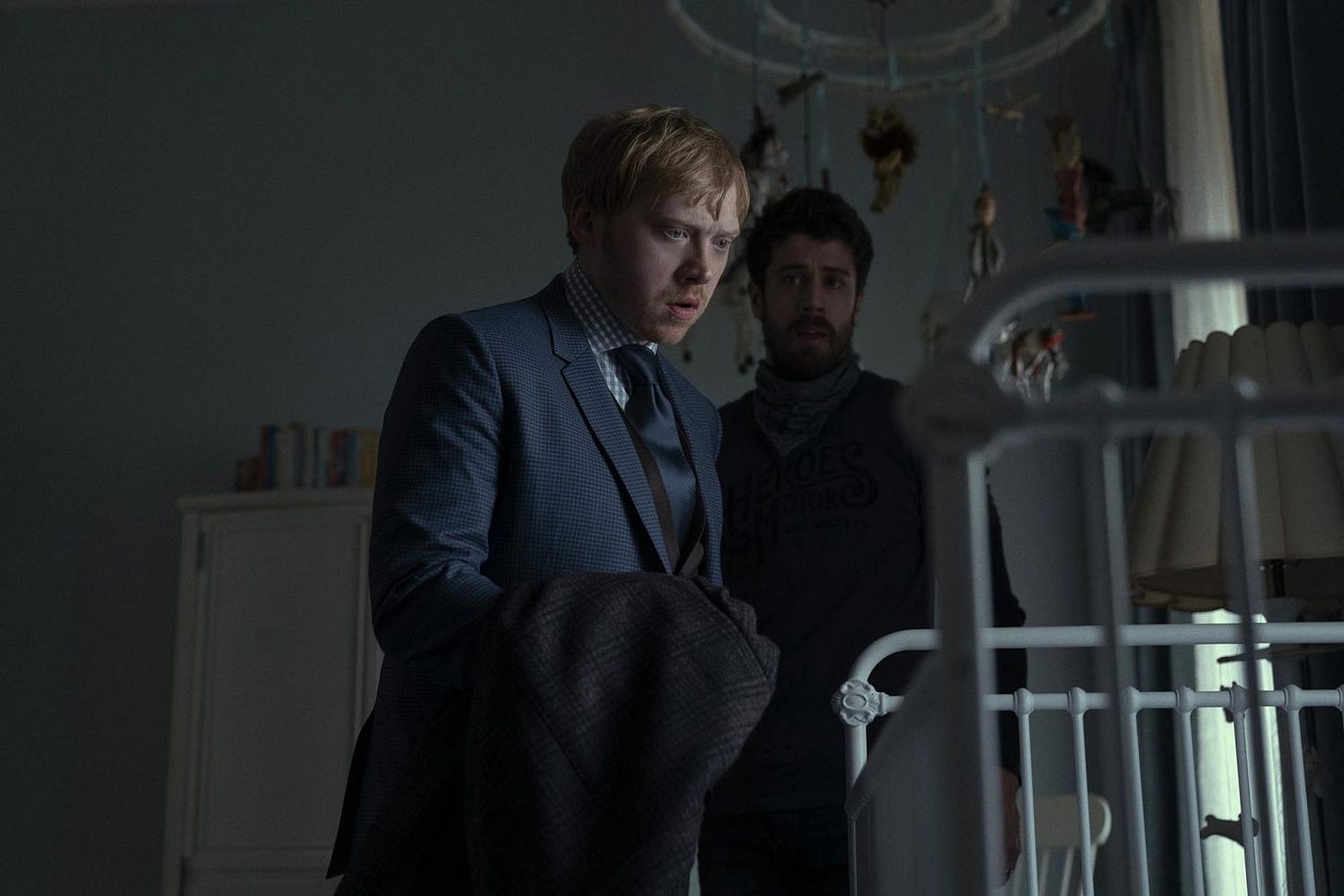
Apparently, director Chris Columbus -
No, no, no, not Genoan explorer, navigator, and the widely reviled and revered Cristoffa Corombo, this guy.
Yeah, him. Director of Home Alone, Mrs. Doubtfire, and the first two Potter films (along with many other successful films), was approached to direct an adaptation, but refused, and stated that he currently has no interest in returning to the Wizarding World.
We all owe these men and women a debt of gratitude for not wanting to touch this stinker, because if they did, I guarantee you it would have already happened. It still yet may - perhaps one day, Grint may decide that he needs the funds to indulge in another youthful fantasy, or maybe Radcliffe gets divorced and has to start raking in some cheddar for alimony. Maybe Watson will get tired of stumping for the UN Human Rights Commission and want to do something a little more glamorous again. Anything could happen. But, as of now, despite the success of the play, it seems as if there’s little interest these people have in returning to their roles. I don’t blame them for a second.
The interesting thing about sequels is that, in today’s current media landscape where they’re so common, it’s easy to forget just how difficult writing a worthy follow-up to a successful story can be.
Just from the jump, the task of following up a cultural supernova like Harry Potter is an unenviable one. In some ways, I don’t think it can be done. Not to most people’s tastes, at least. Frankly, I don’t think there was ever a chance that it would, for two reasons.
There’s a phenomenon in fandom spaces where a series will reach critical mass and, no matter what the author, writer, or show-runner does, most of the fans will not be happy with the end. No matter what you do, you just won’t please everyone. Everyone will have their own idea for their perfect ending, or their own pet fan-theories about this mystery or that enigma, and when they don’t come to pass, they will be mad at the author for failing to write an ending tailor-made to their taste. It’s kind of like ordering the special of the day at a restaurant without asking and then being mad when you get a plate of surf and turf - didn’t the chef know I’m allergic to lobster? How come they didn’t read my mind and do exactly what I wanted them to?
This problem compounds the longer a series draws out, and the longer the drought between content persists. One particular instance that sticks out to me is that of the web serial author Wildbow, who wrote a wildly popular, runaway hit called Worm, which, one of these days, I’d really love to do some analysis of. Worm was published between 2011 and 2013, to great acclaim. In 2017, he followed the project up with a sequel called Ward. It was met with… mixed reception, to say the least. The thing is, Worm had a small but very active, very robust, and very creative fandom surrounding it, which produced scads of fan-fiction. Many fans were writing their own sequels to Worm, or stories that took place in the universe, since at the time Wildbow had yet to commit to writing a sequel.
In his retrospective on writing Ward, Wildbow speaks to the fact that, unfortunately, mid-way through the project, he realized he was fighting an uphill battle for approval; he was not going to write something that pleased the entire fanbase. For four years, the fandom had written their own sequels, written their own characters, and developed their own fan-theories, and they had become so invested in their own, unique takes on the source material and setting that, when a actual, official, canonical sequel was released, they weren’t happy with it because it just wasn’t what what they had set themselves up to expect.
To quote Wildbow:
As it stood, I figured the world was established, people were pre-invested in it, and I had the benefit of the doubt from the audience after seven years of writing for that audience.
Except, uh, sequels are hard, and literally the opposite of those things is true. The world needed more work, a good chunk of the audience had spent the last almost-four-years diving into fanfiction, developing fanon, and setting up their expectations to invest in Something Entirely Different, and with a good few people I didn’t have that benefit of a doubt. Just the opposite.
Later, Wildbow goes on to write about how difficult it was to continue the project and his struggles with his own mental health issues as a portion of his own fandom became vehemently and almost bitterly critical of his work in real time, as he published chapters week by week, all compounded by difficulties in his personal life.
It’s tragic, simply put, but also a fascinating and dark look into the sometimes antagonistic relationship between creator and audience, and the nature of fandom.
I think this is a good parallel to the position that Rowling found herself in when she began work on The Cursed Child. Harry Potter and the Deathly Hallows released in 2007. The Cursed Child debuted in 2016. That’s almost a decade long gap for the fans to write fan-fiction, establish fanon (fan canon), and generate their own unique takes on the setting during the drought of content. If Wildbow’s fandom, small and niche as it was, had become so entrenched in their own fanon, imagine what it must have been like for the Potter fandom, which was both magnitudes larger, older, more established, and outputting more content.
It didn’t matter what Rowling wrote. She was playing a rigged game from the start. Whether the end product was good, bad, or just mediocre, he was never going to satisfy a not insignificant amount of the fandom.
But it wasn’t good. I don’t think it’s even mediocre. In my opinion, it simply fails at being a quality sequel or worthy continuation of Harry Potter’s story.
I think part of the proliferation of sequels in the modern media landscape is in part due to the trend of series and sagas becoming more of a thing, replacing more singular and contained one-off stories. In my opinion, you could make the argument that the original Harry Potter books are not individual stories, but rather chapters of a much longer, overarching saga. None of them really stand alone. You can’t just read one and get the full experience. You have to read them all.
If we follow that definition, then The Cursed Child is not a sequel to Harry Potter and the Deathly Hallows - it’s a sequel to the entire seven-novel run of the series.
The problems are implicit from conception. A single play cannot sufficiently or satisfyingly follow-up a story as long and complicated and detailed and epic as the original run of seven novels. There’s just too much to follow-up on in such a short amount of time. The end result is what feels like an unnecessary epilogue to an epilogue.
In the narrative, Rowling tried to touch on a little bit of everything, which is why each act of the play feels like they should be individual plays unto themselves. Each act is filled with so much shit, so many characters, so many plot-threads, and so many call-backs to the original series that they feel like truncated and abridged versions of much longer stories. The constant bouncing back and forth between scenes, characters, times, and time periods - there’s a potential that it could have worked in a medium such as, say, a series of novels, where there could be more time for the narrative to slow down and catch its breath.
Huh. Wow. It’s almost like J.K. Rowling… writes novels. Now, I don’t fault the woman for wanting to branch out and try something new. I respect the attempt. But, I also feel like much of the responsibility for doing the actual adapting the narrative that Rowling wrote to the stage fell on the shoulders of the playwright, Jack Thorne. As the experienced playwright of the two, it was his job to take a story meant to be read and translate it into a medium to be watched.
In my opinion, Thorne shoulders equal blame in the failing of The Cursed Child as a play. Rowling wrote a clunky, messy, sloppy story, and he did nothing to improve it. Then again, to be fair to the man, hesitant as I am to do so, I can imagine that his hands might have been tied to some degree. Working with Rowling may have been like working with George Lucas on the Star Wars prequels - no matter how bad the idea or concept they pitch at you might be, you just can’t tell them no.
This is all to say, I don’t think that a West End stage play was either the logical or correct choice for a sequel to the Potter novels. Not to play Monday morning quarterback here, but I think it would have been better served as a series of novels. Maybe four, one for each act. Maybe more. Though, the quality of both Fantastic Beasts and The Cursed Child suggest to me that if Rowling really as much interest in writing more Potter novels as the actors have in returning to play the characters. I’d even speculate that she’d probably rather dedicated most of her time to writing more adult fiction, but that sweet, sweet Warner Brother’s cash is just too good to pass up. It’s an easy payday for not much effort. I don’t fault her for keeping up the hustle.
That, and I think that if she ever did try to stop, they’d probably not be above sending someone to put an actual gun to her head and forcing her to write.
And, even though The Cursed Child has obviously been a financial success… has it been a cultural one?
Well, here’s some questions for you - before today, did you remember The Cursed Child was even part of the Harry Potter lore? Are Albus Potter and Scorpius Malfoy the new faces of the Wizarding World for a new generation like Feloni’s Original the Character Do Not Steal Ahsoka Tano is for Star Wars? Is anyone besides me still talking about it, and is there a demand for a follow-up to the story of these new characters? Just because something is financially successful… does that mean it matters to people?
Ultimately, this is the reason I think Rowling needs a Feloni in her life. When George Lucas wasn’t interested in making Star Wars content anymore, he passed the reins to Disney. I think he regrets that in hindsight, if his interviews are anything to go by, but, even if he hadn’t sold the property to Disney, Feloni has long been his protege, well before the Disney sale. It was basically an open secret that if anyone was going to take over the franchise once Lucas stepped away, it would be him. I can cast a lot of aspersions towards Feloni - and I do - but I have to say that the man at least cares.
Hell, if you want proof, I’d say you don’t need to look further than the most successful piece of post-novel media in the Potter franchise; the 2022 video game, Hogwarts Legacy.
This article is long enough so I’ll refrain from going too much into detail here, but with fifteen million copies sold and over a billion dollars in sales within a year of release, Hogwarts Legacy has made more money than any of the Fantastic Beast movies, and probably The Cursed Child, too.
And the developer - Portkey Games, which exists solely to develop Potter-themed games - was very keen to emphasize that J.K. Rowling had next to no involvement with the game.
If Rowling truly, genuinely, and honestly has no more desire to write Potter material, she’d do well to step away herself and hand it off to a protege figure. Her very own Feloni. Like Feloni, this hypothetical successor may only write hacky, fan-fic-y material, but, clearly, there’s an appetite for that among some portion of the fanbase. It isn’t as if The Cursed Child isn’t hacky and fan-fic-y, anyways. There are always going to be consoomers out there who embody this saying:
They may not be large, they may not be critical thinkers, but they are easy to please; throw up some recognizable imagery on screen, and they’ll clap and holler like sea-lions begging for a fish and throw money at you.
And, after all… in showbiz, isn’t the saying give the people what they want?
Alright. Now, that was one hell of a write-up, after which I think I’m walking away from Harry Potter, for the moment. I need a break from the Wizarding World. There’s still a lot to discuss, and things I want to discuss about the franchise, but I’m getting to the point where I’m beginning to mutter spells in my sleep and, worse still, seriously consider what Hogwarts houses some of my friends would be in. Hell, I even dug up my old Harry Potter fanfiction from middle/high school and… well, let’s just say I was inspired, for some reason, to touch it up a bit. And, as a special aside, I published one of the chapters on my sideblog as something of supplementary reading to this series I’ve been writing. Give it a look if you want to laugh at what a genuine Harry Potter fanfiction written by high school Yakubian Ape looked like. Rewritten to be a bit easier on the eyes, of course.
So, I think I need a break. I need to think about something other than witches, wizards, warlocks, and such nonsense before I start wearing Hogwarts robes in public. A detox is in order. Maybe do some lighter, easier, less demanding material that isn’t an hour long.
Or maybe I will… just another subject. Recently, my mind has been returning to a certain internet phenomenon. I’m not sure why. But it’s something that was very near and dear to my heart for a long, long while, and I’ve felt compelled to write about it well before I ever started this publication.
Why?
Well, it’s because I remember… so you don’t have to.
To speak your language, your input is most bussin’, for real, for real, no cap. Did I get that right?
No.
For those unaware, El Chapulin Colorado is not a character from El Chavo del Ocho, but an entirely different character from a superhero parody that stars Chespirito, the same man who stared as the eponymous El Chavo from the former show, though the two series are often conflated due to the similar cast and the fact that they aired around the same time. Despite it’s age, the series maintains a unique popularity throughout the Spanish-speaking world and beyond, and is probably the only piece of media more popular or culturally significant to broader Hispanic culture than their undying and passionate love for the Dragon Ball franchise. Yes; that Dragon Ball.
It's actually spelled Ahsoka but I hate this character so much I don't even care to go back and edit it. I'm just gonna leave it where I misspelled it.
For instance, I think Idris Elba as Heimdall in Thor was perfect casting.

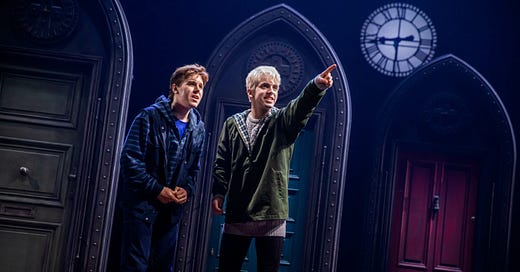



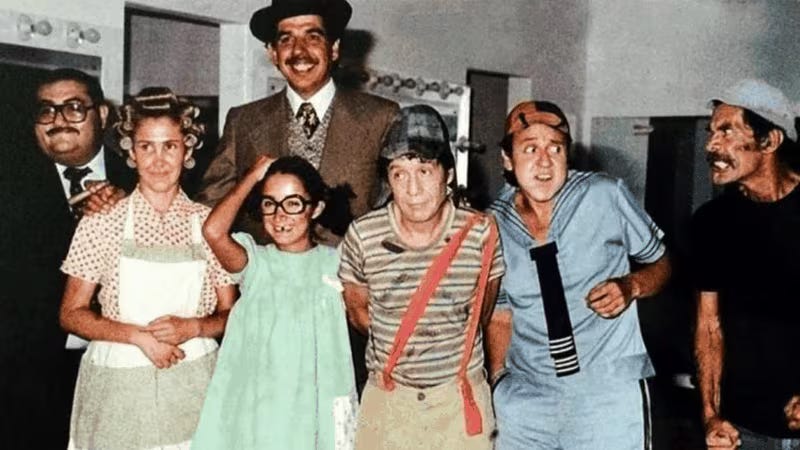
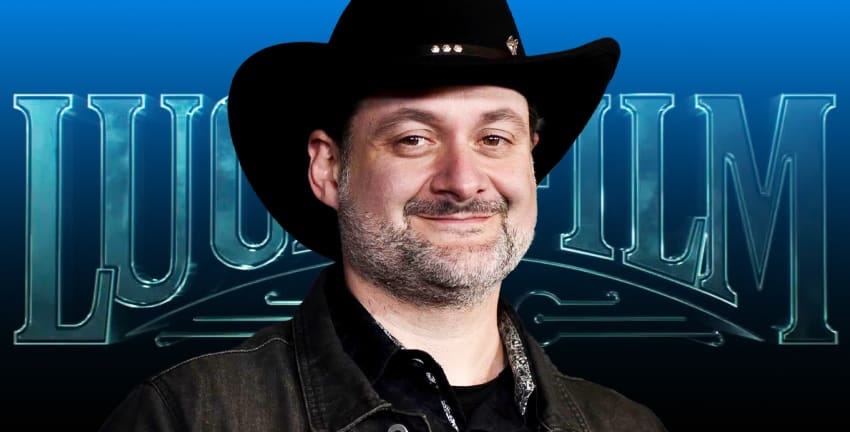

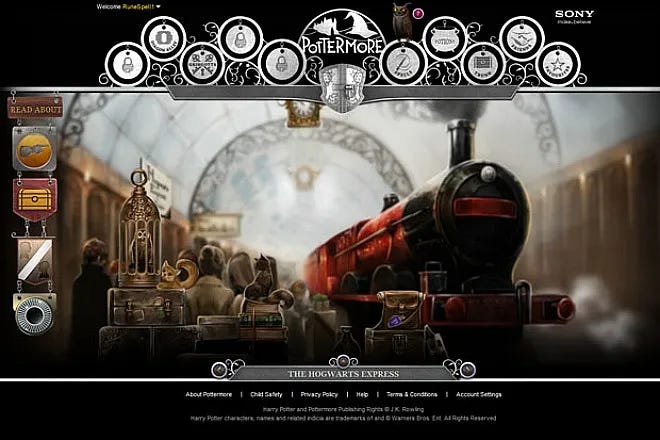
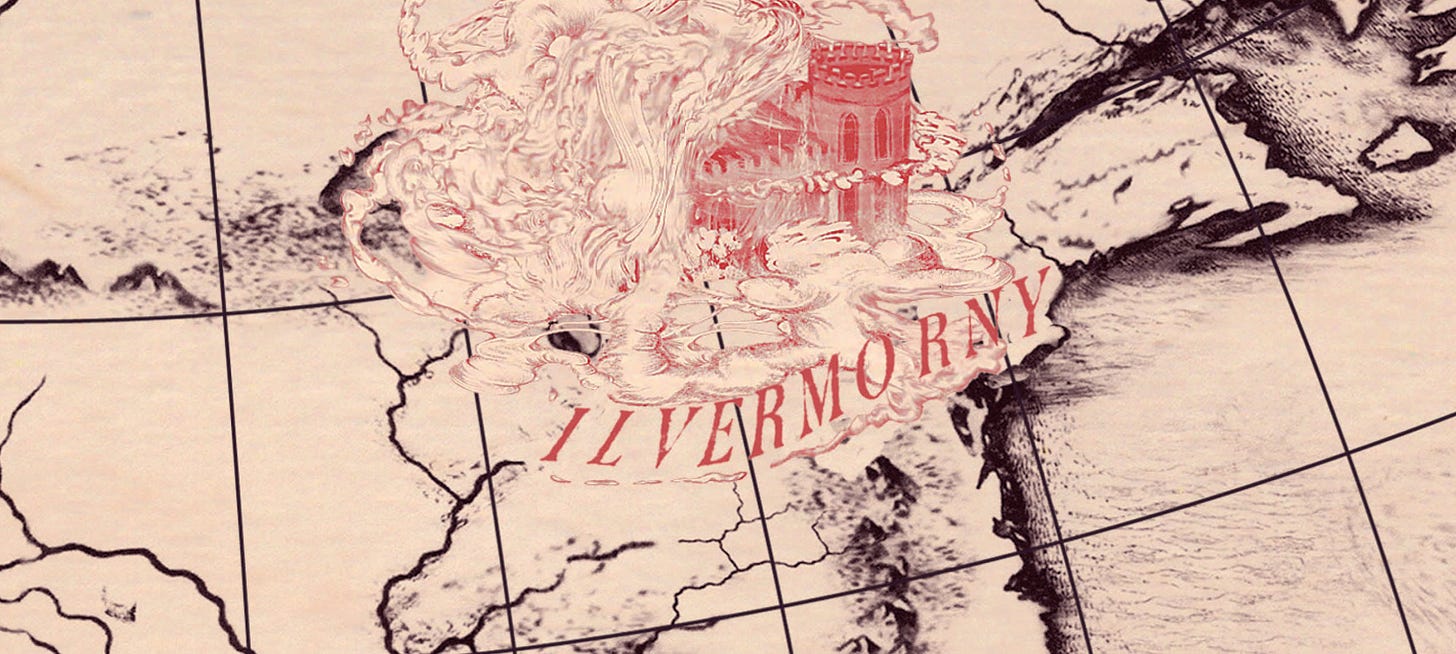
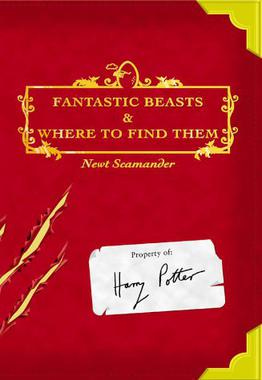
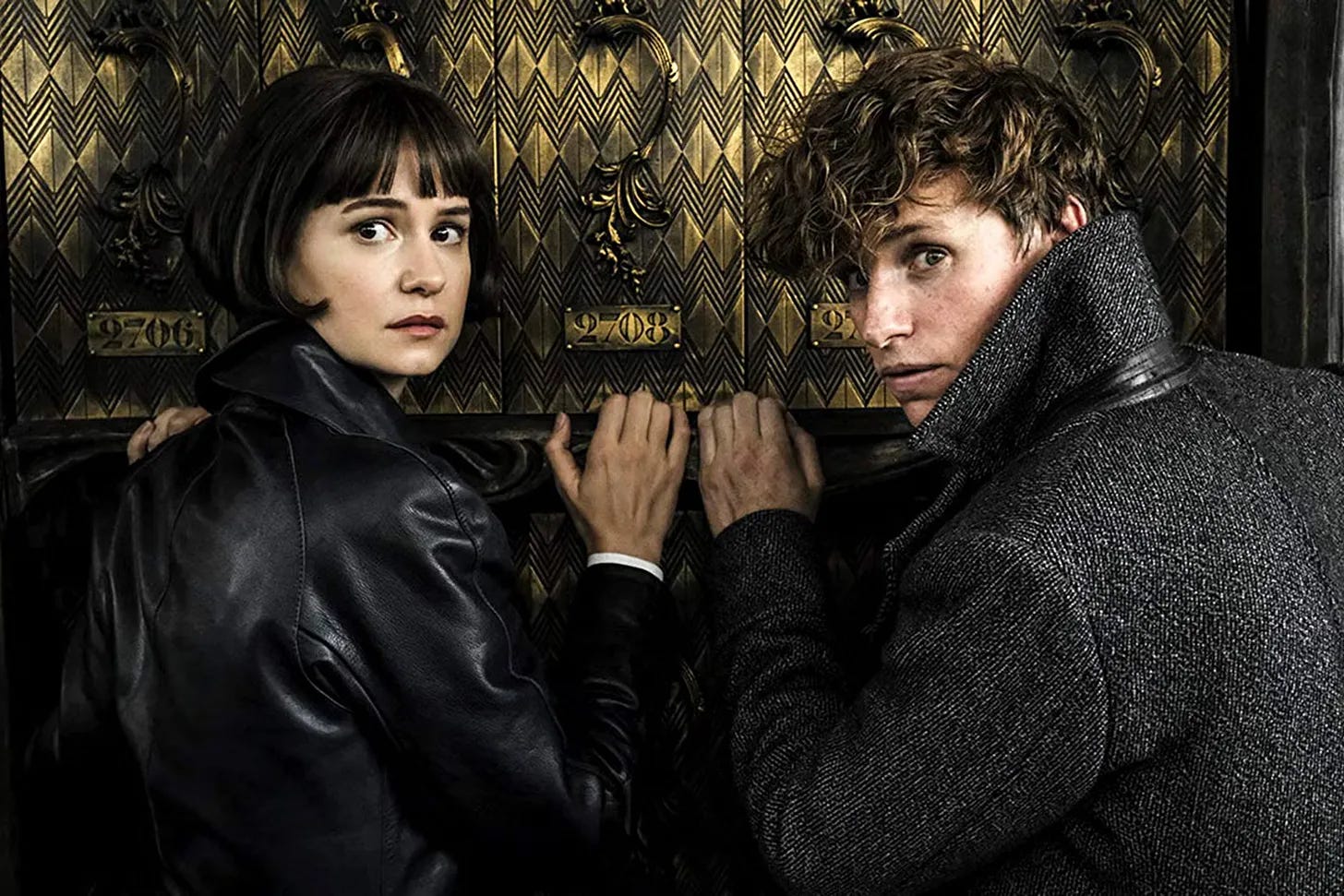
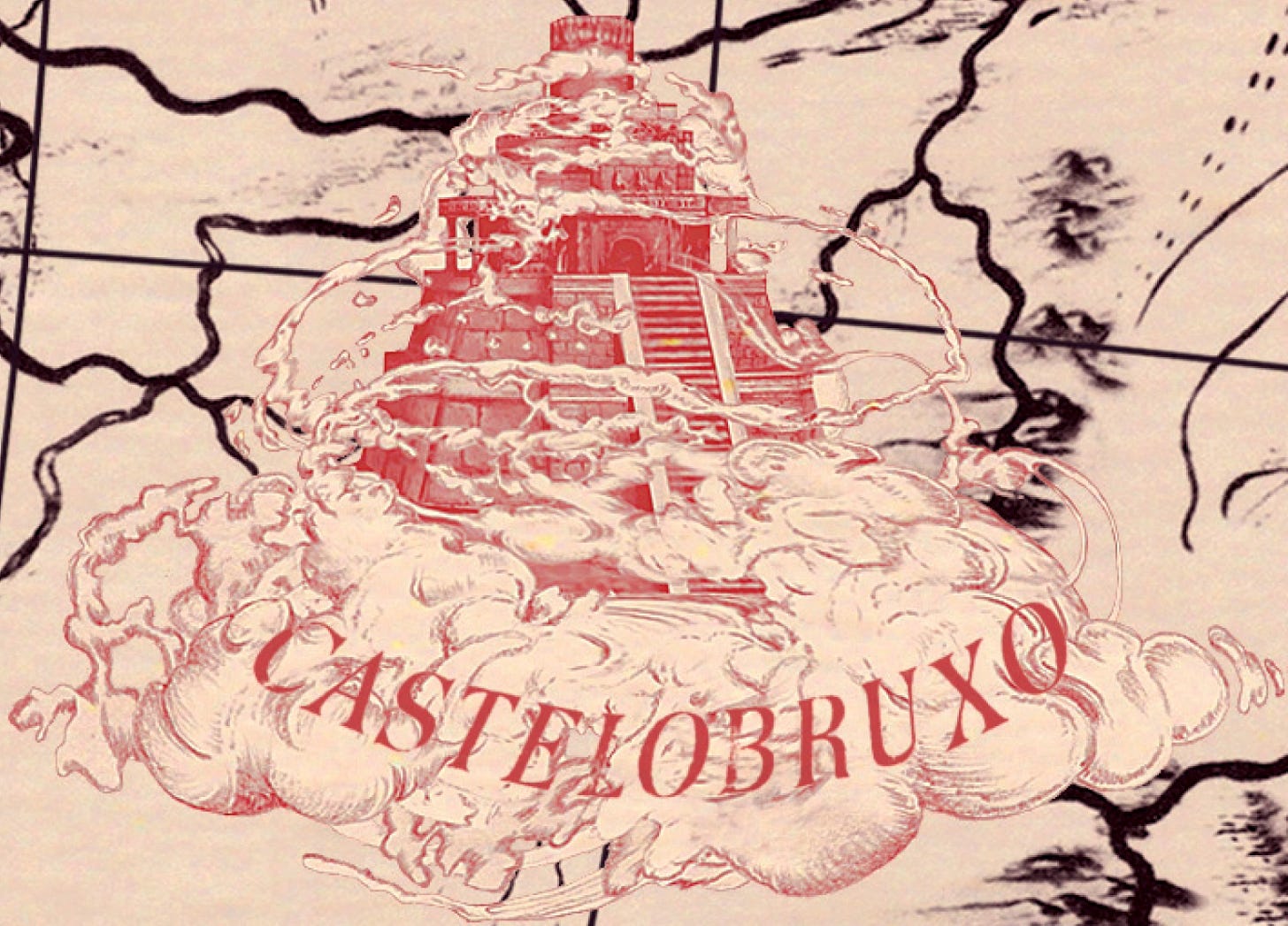
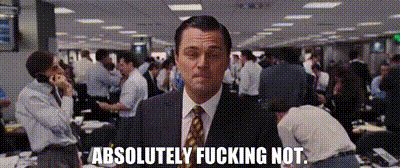
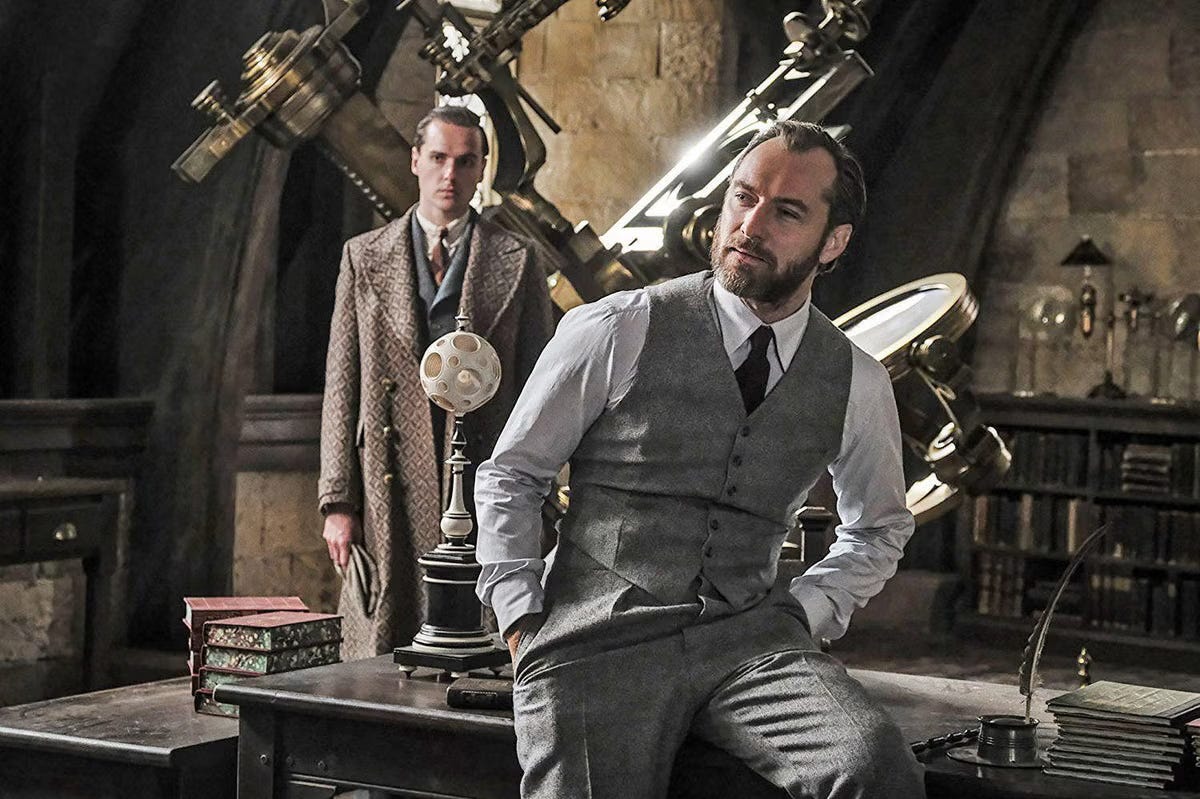

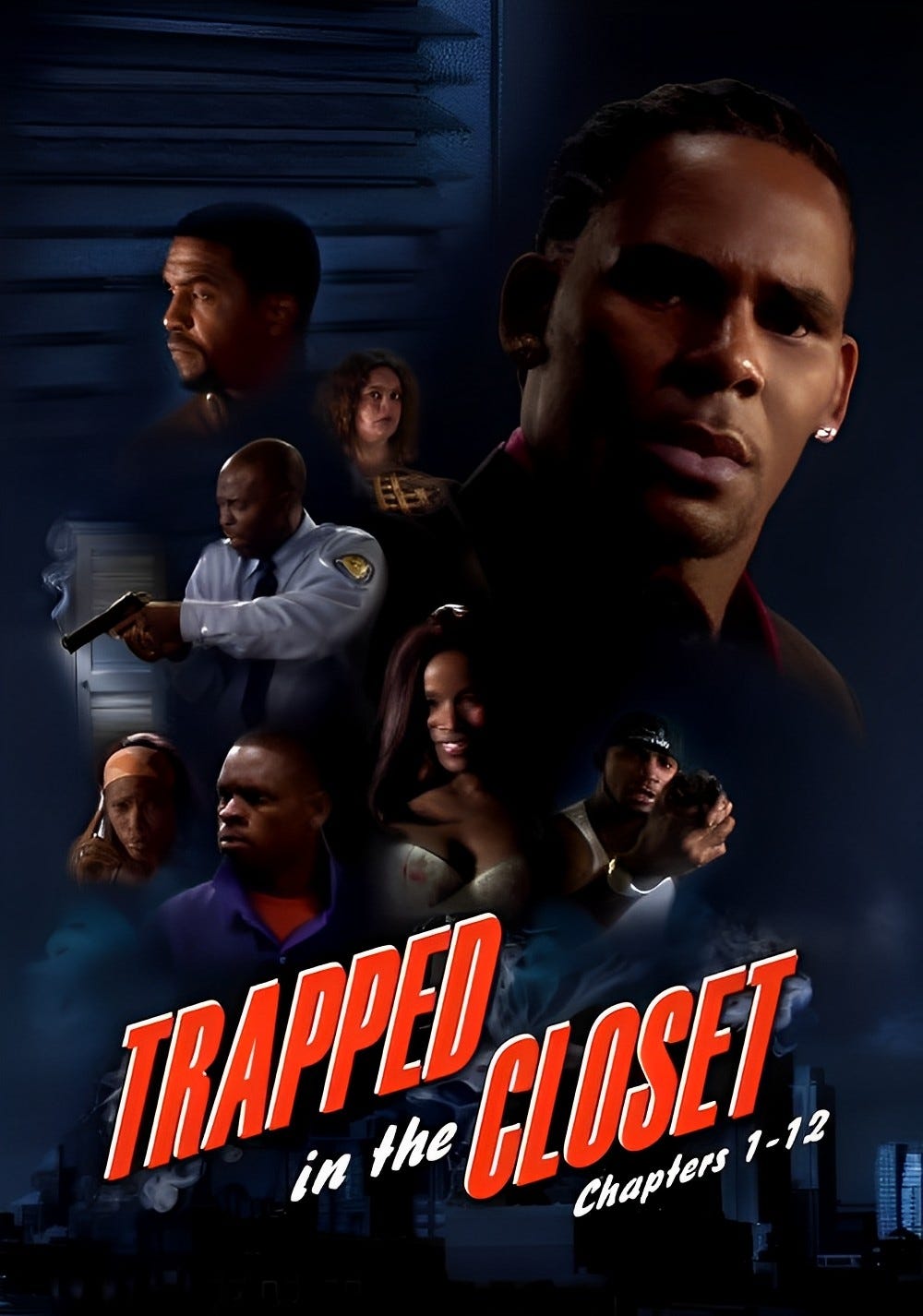

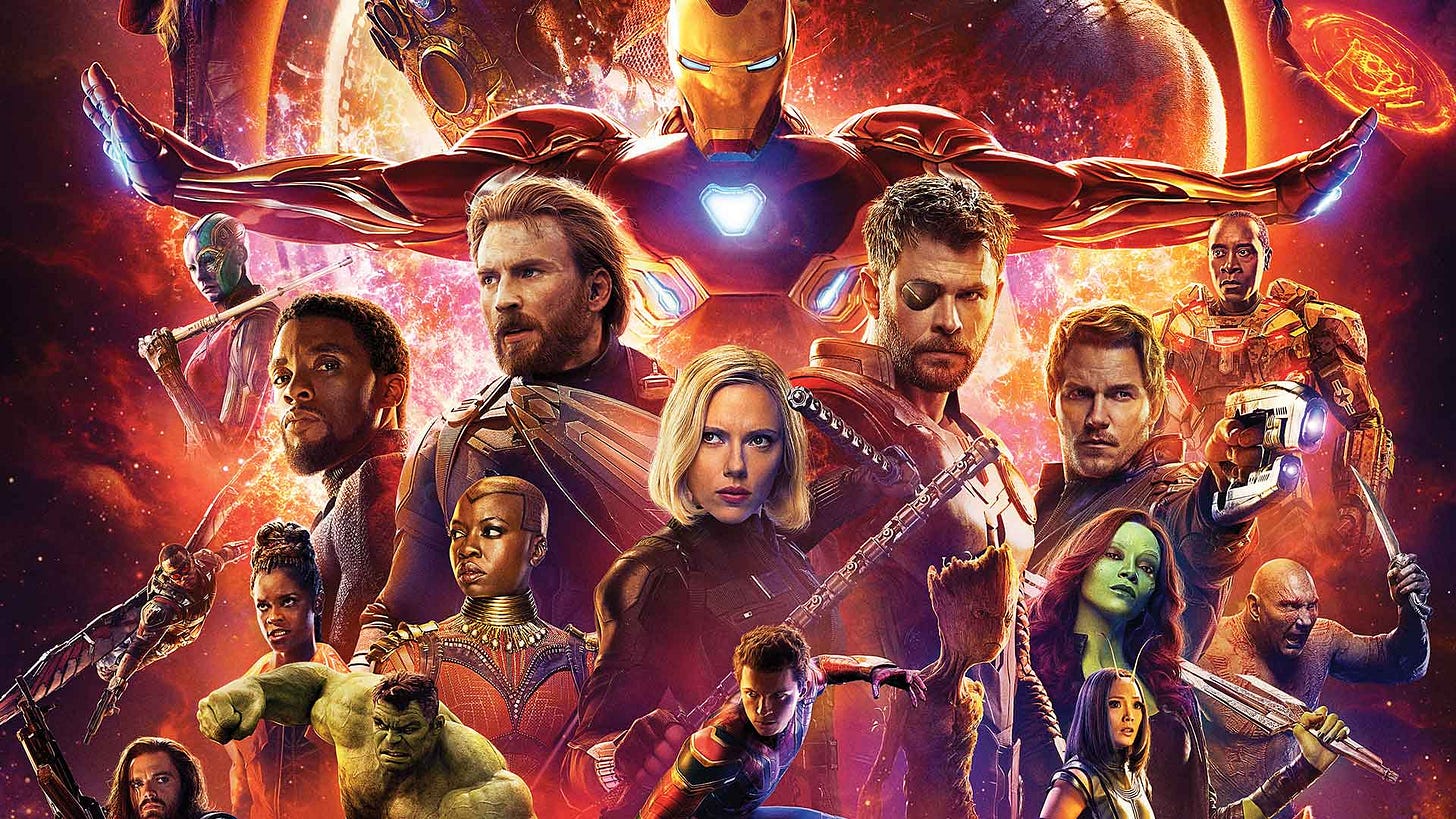
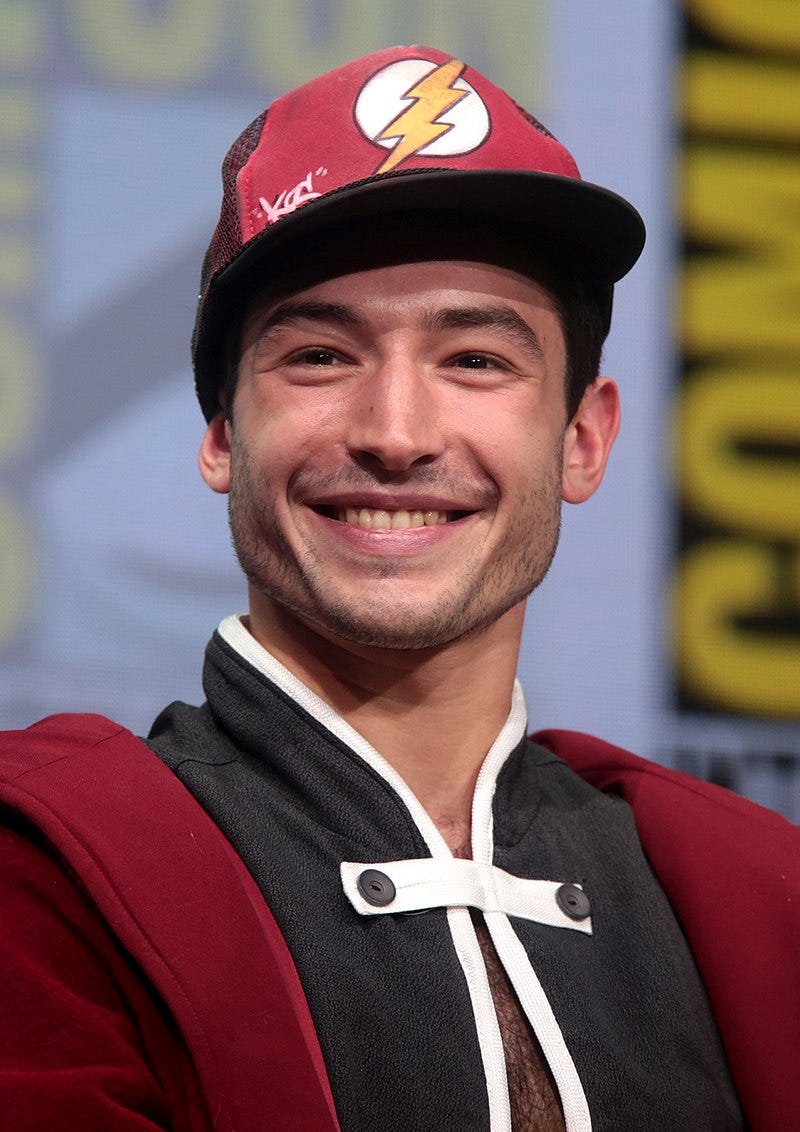
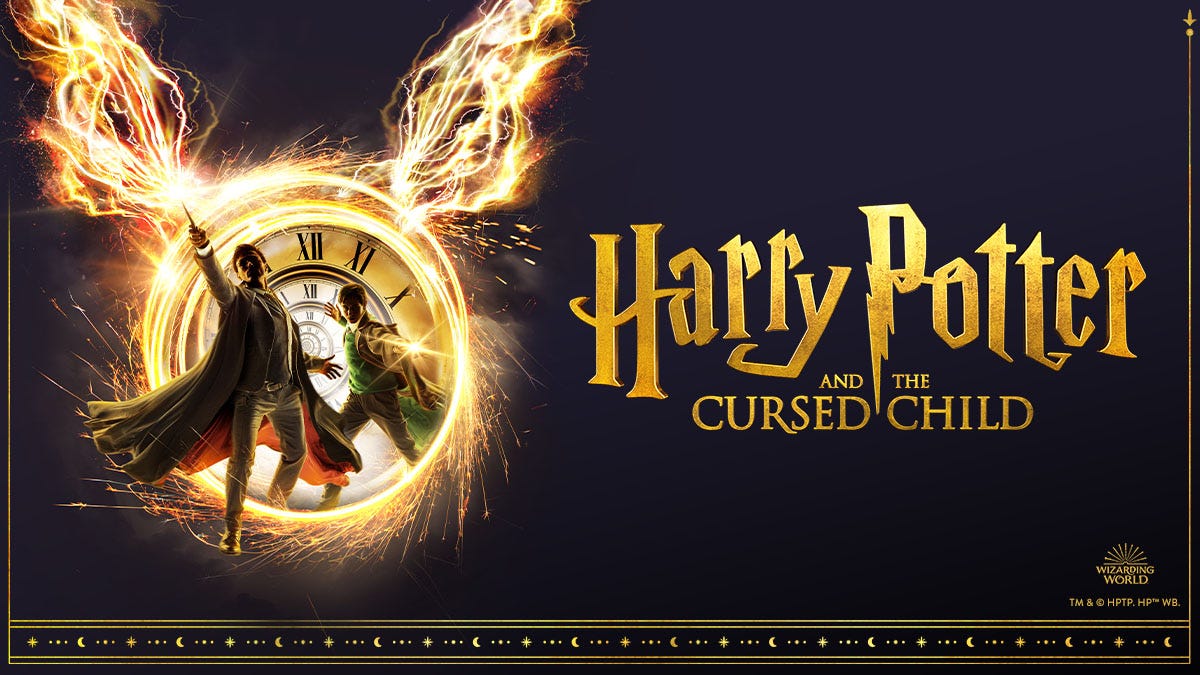
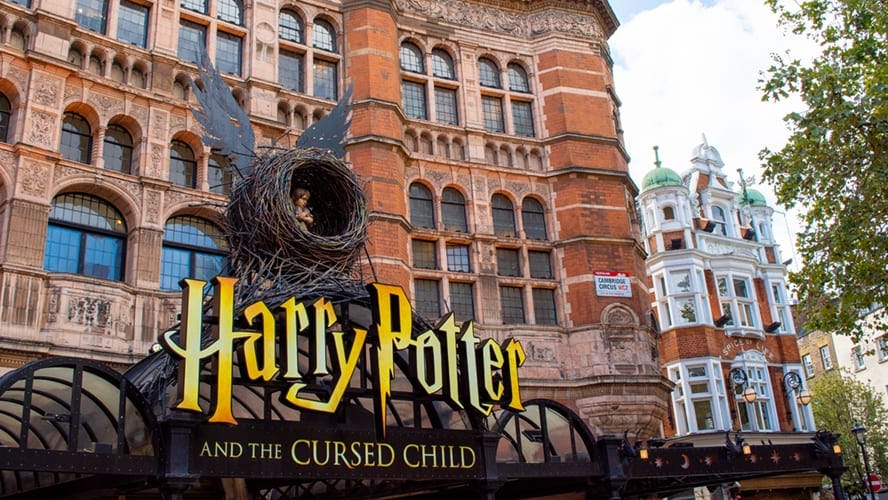
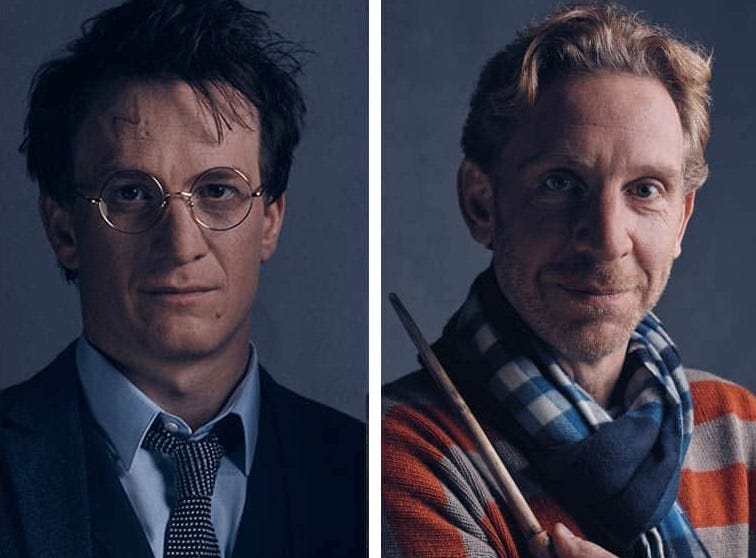
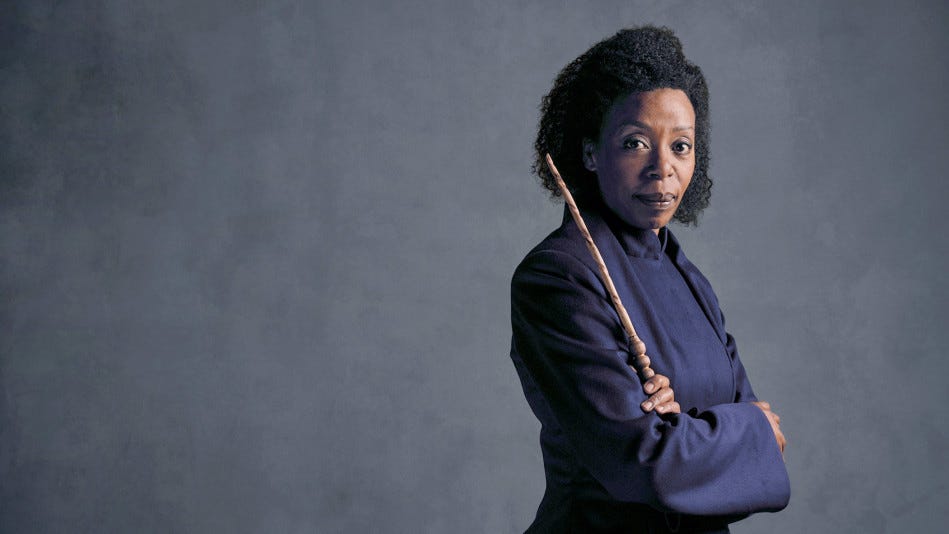
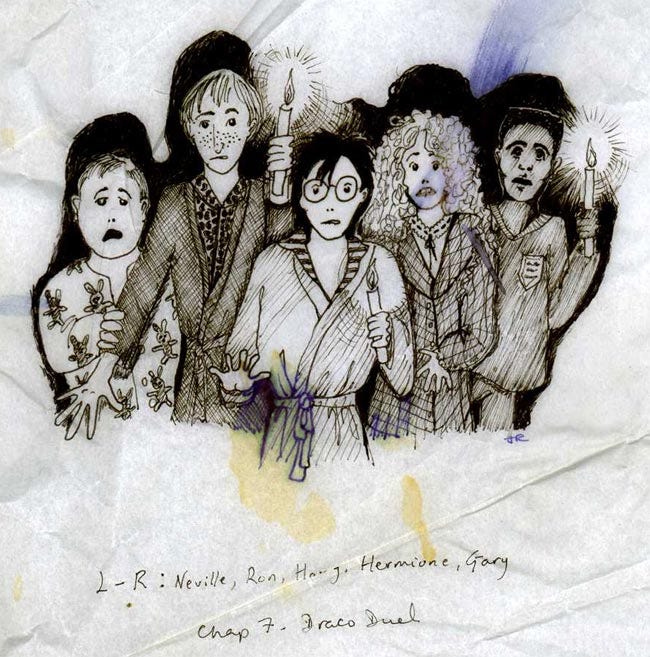

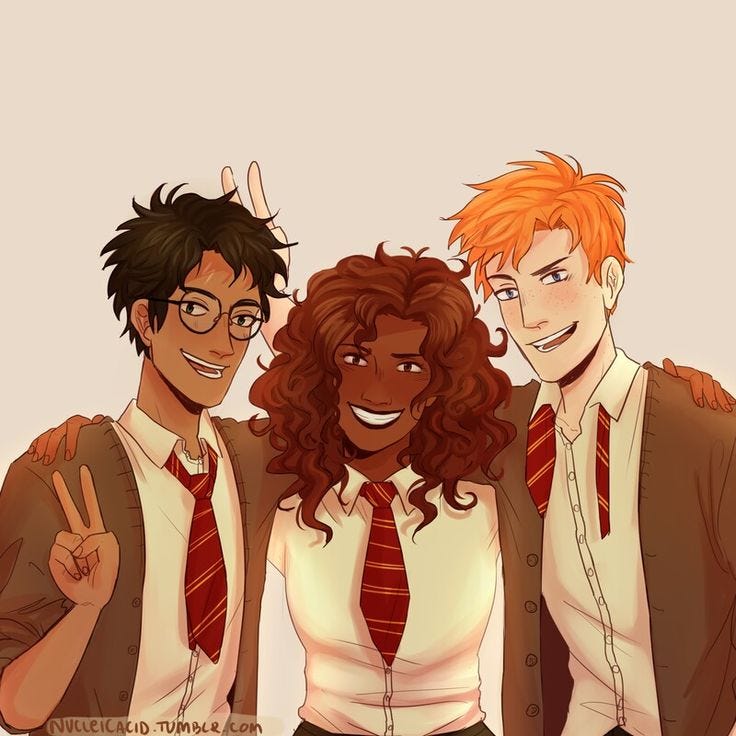
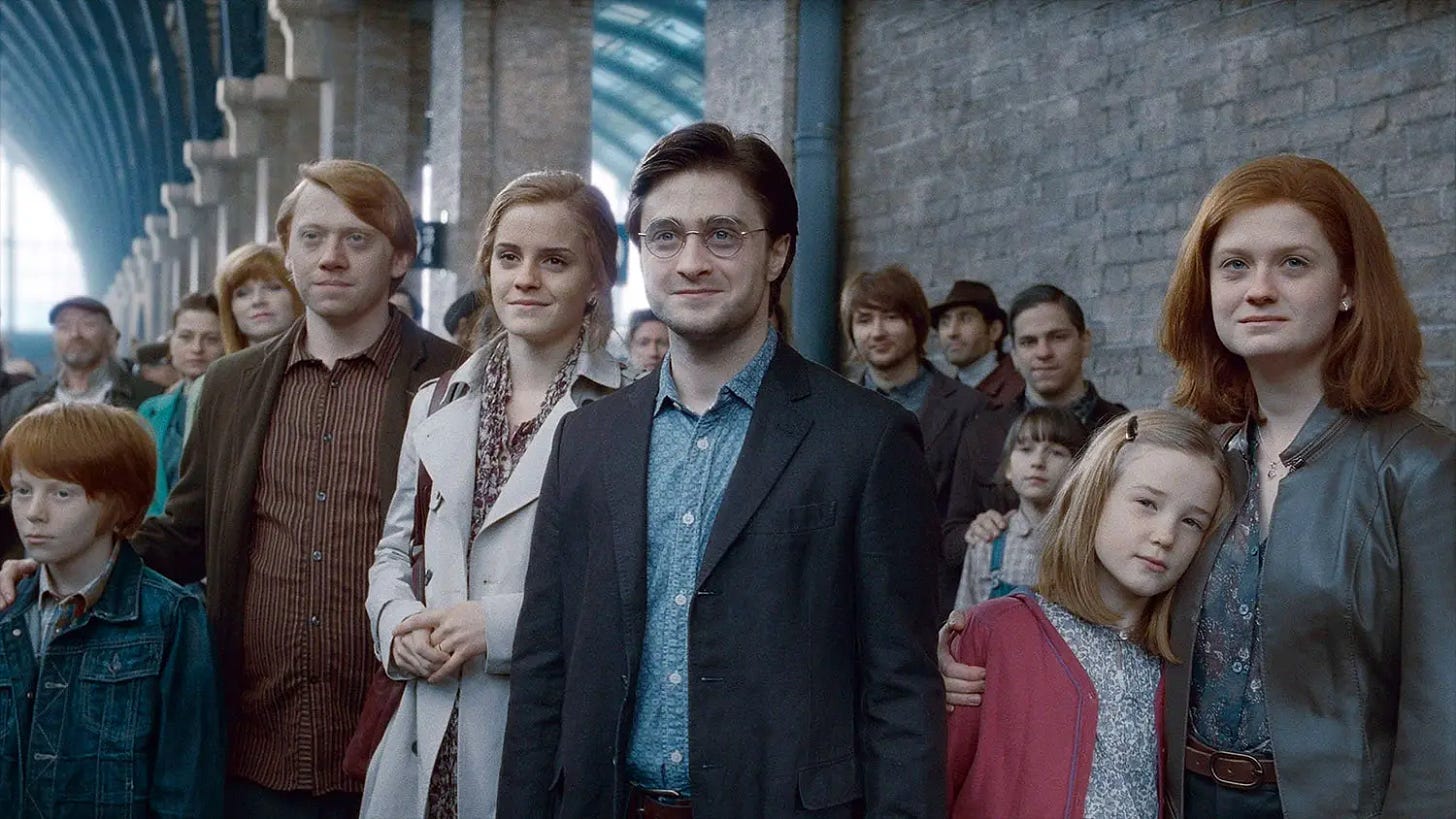
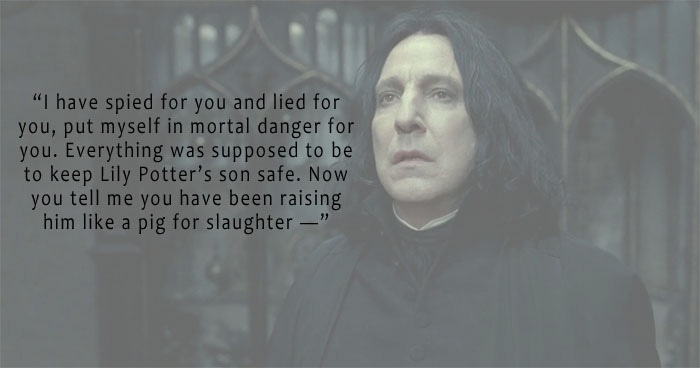
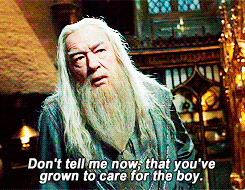

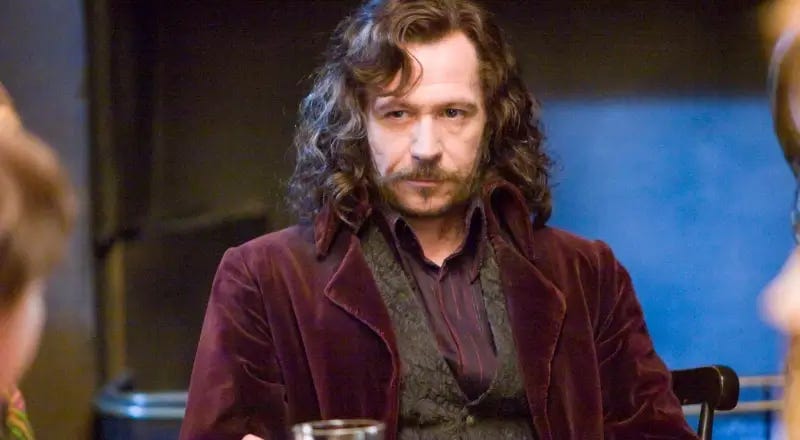
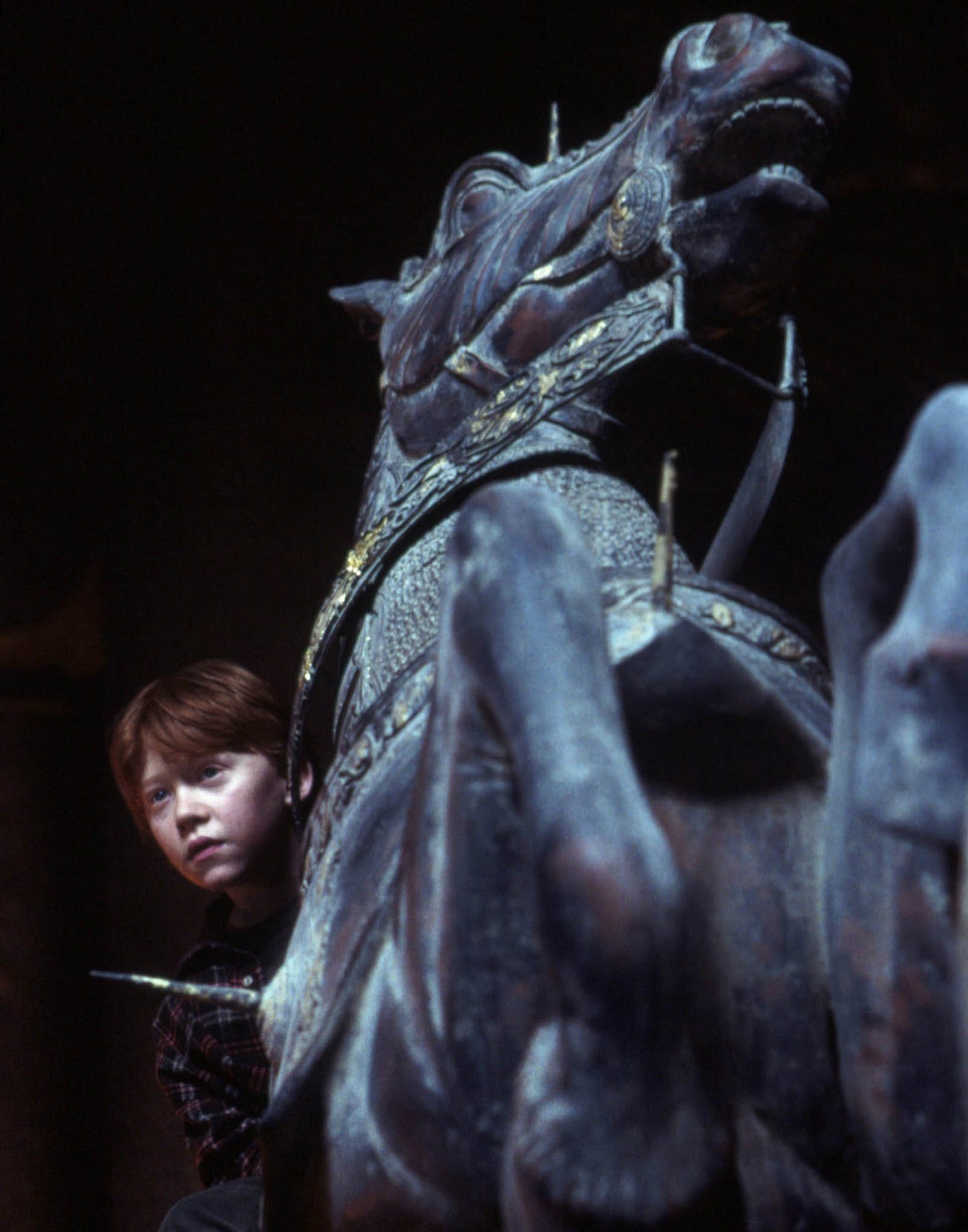
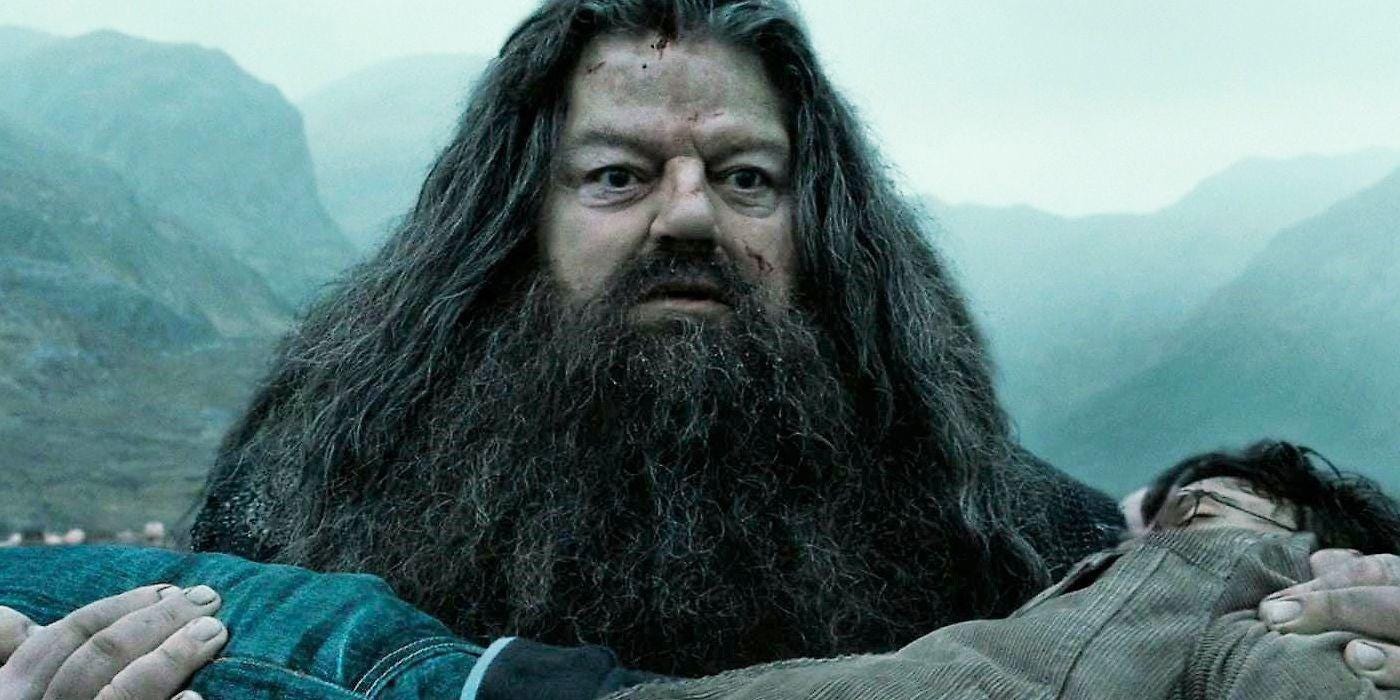
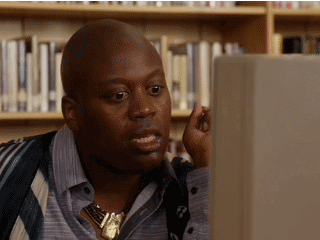
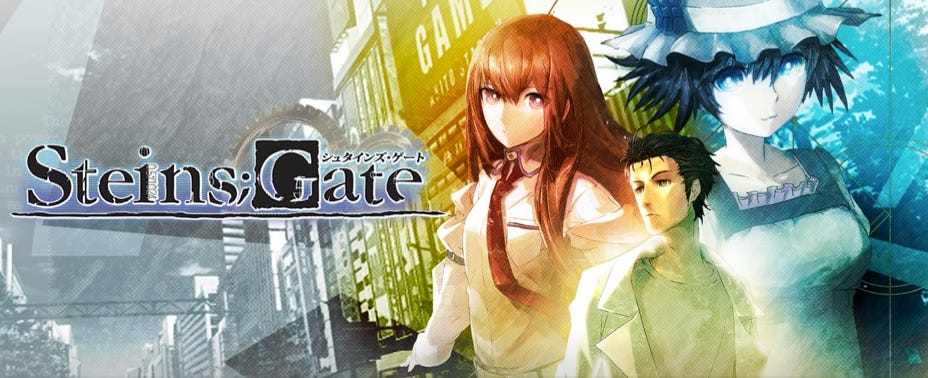
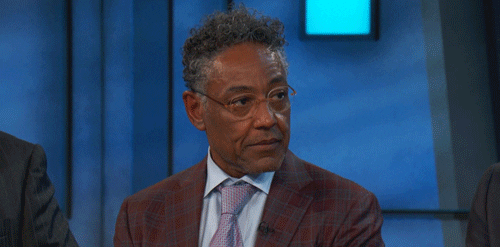


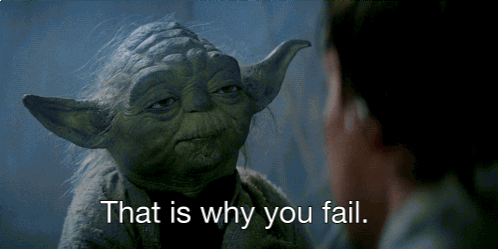

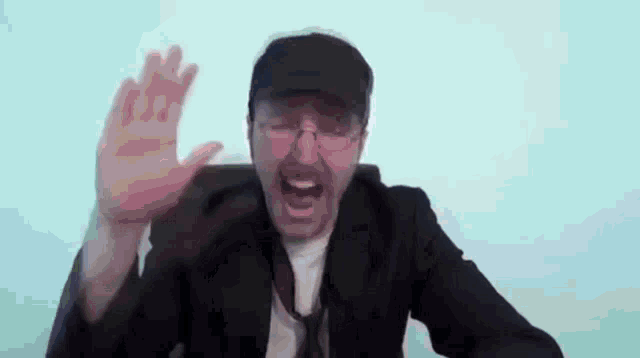
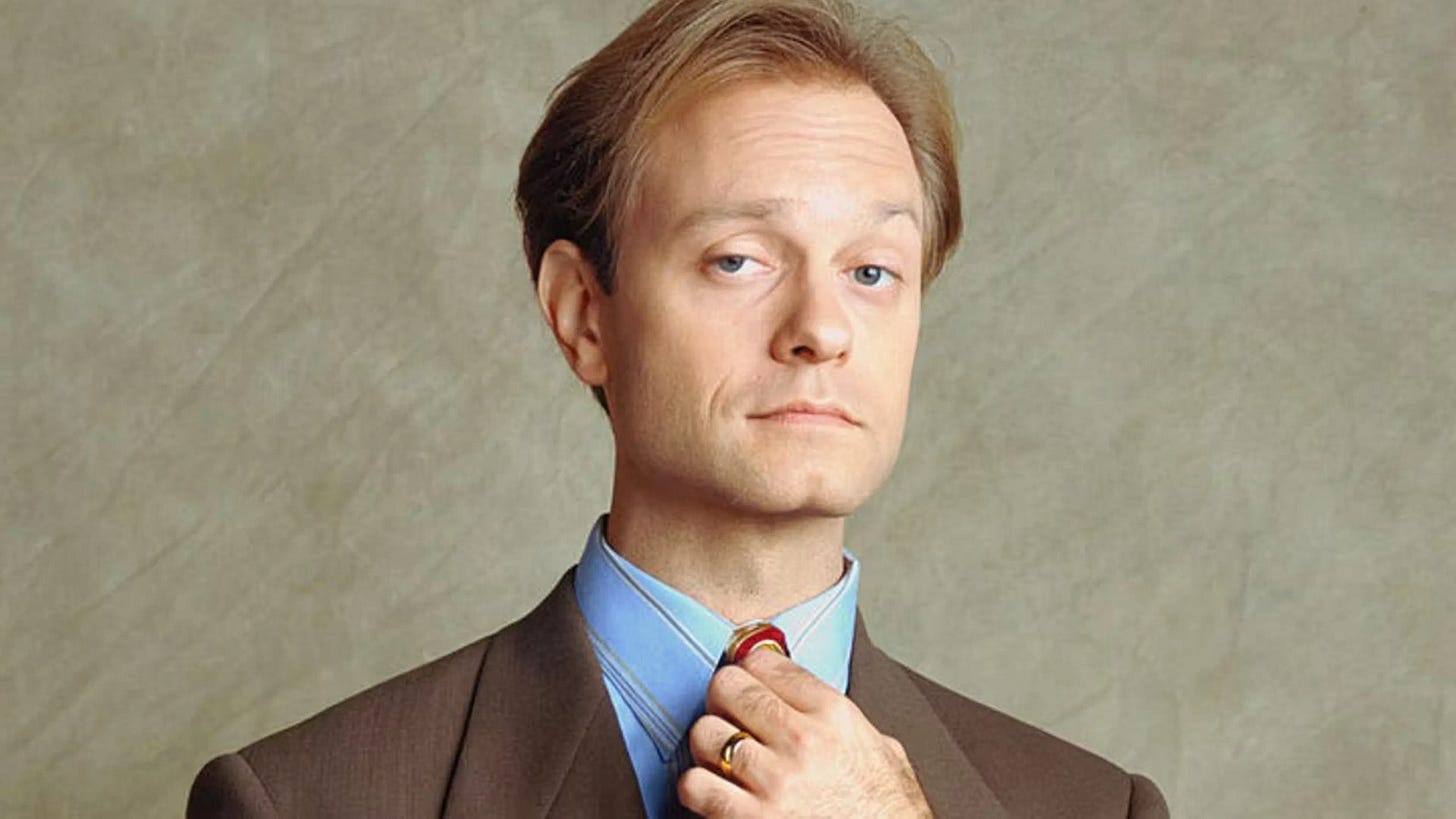

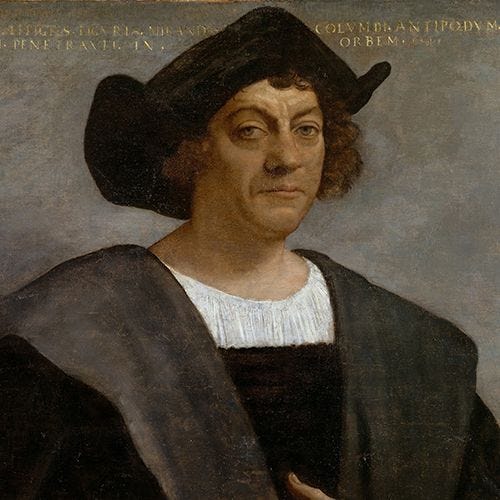
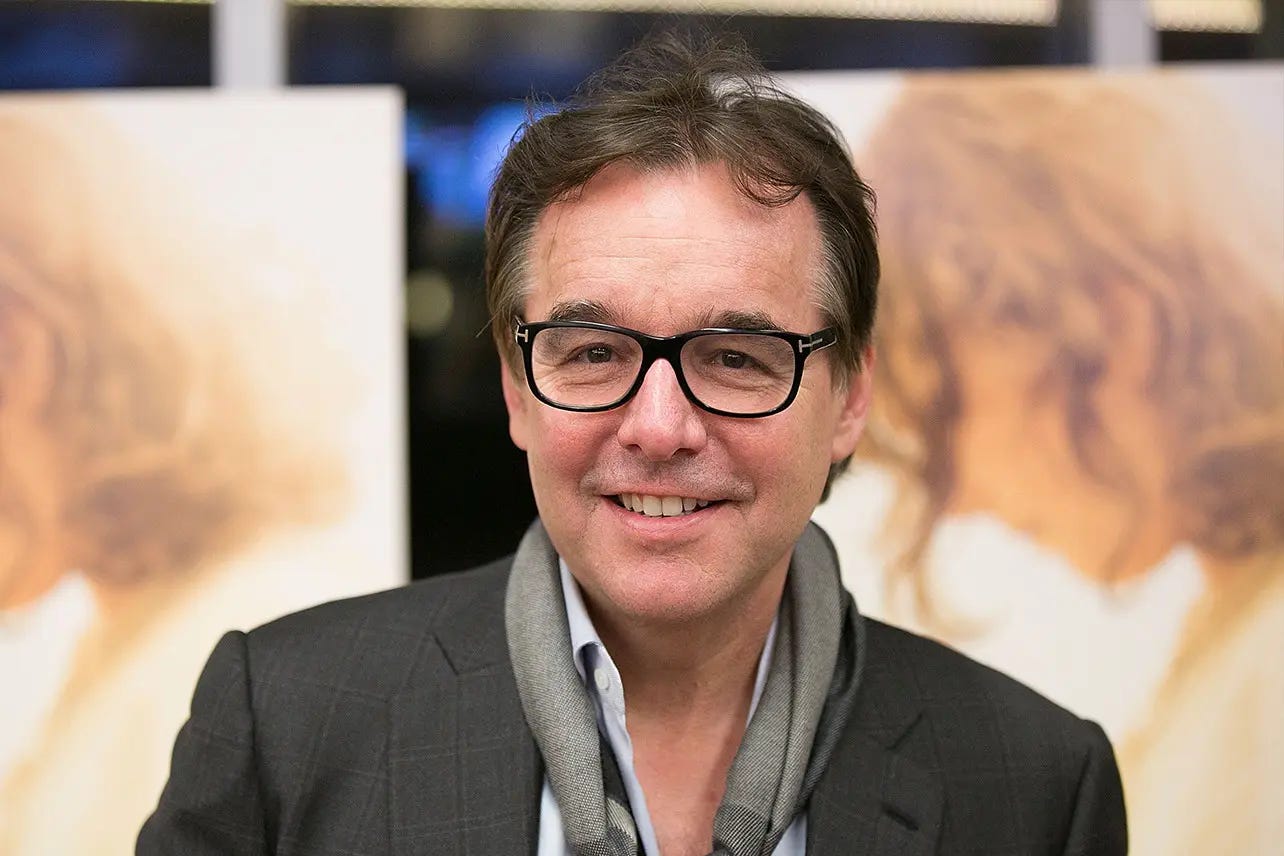
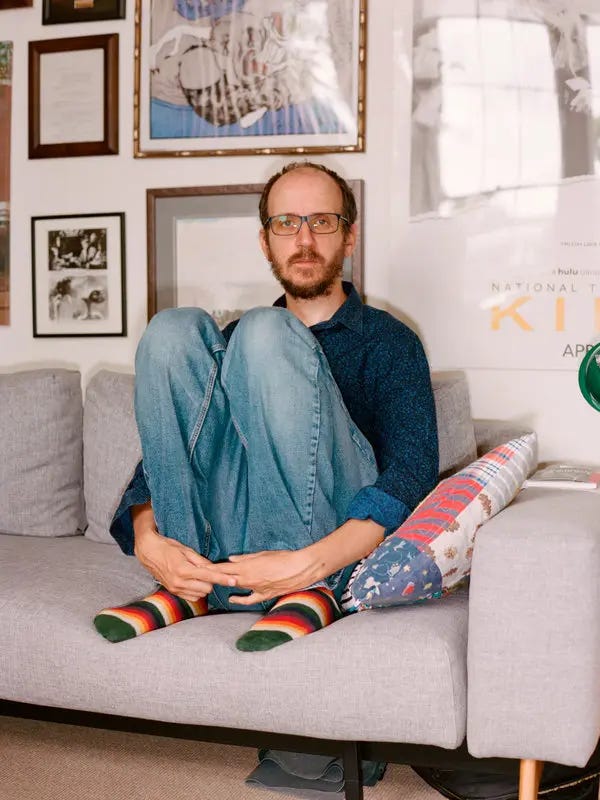
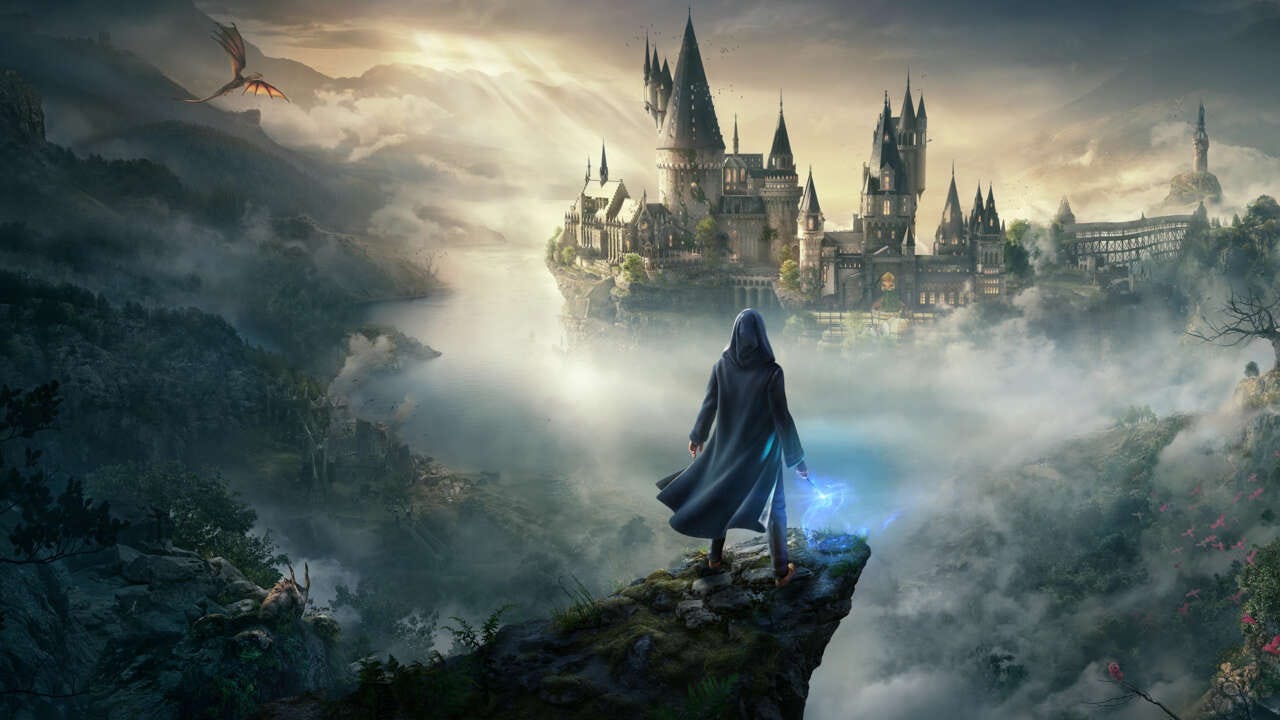
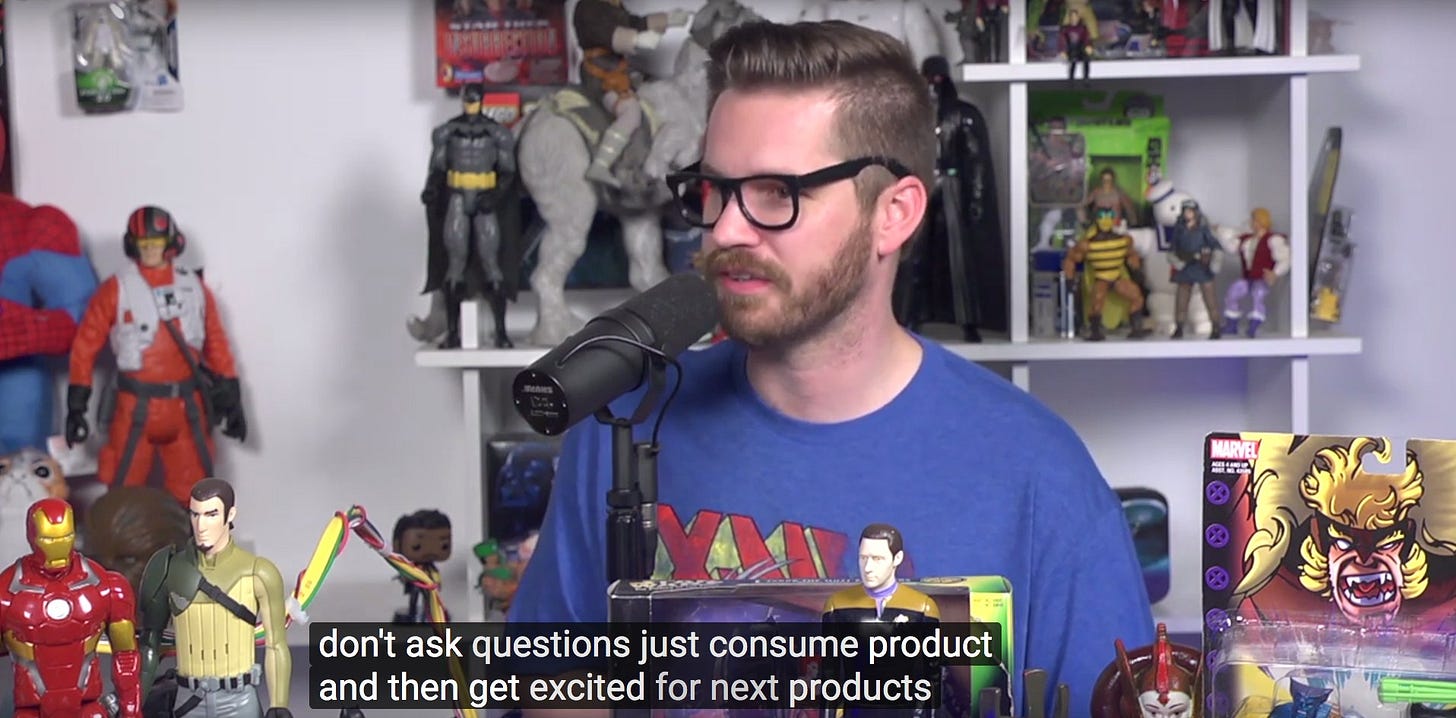

I'm kind of surprised that JKR didn't set anything in her spinoffs during the witch hysteria of Stuart/Puritan Britain or Salem, as the historical setting would have been perfect for her to use as a club for her to flog her modern politics. Exquisitely ironic is that Harry Potter fans exemplify many of the same qualities of those monomaniacal Puritan witchfinders, to the point of turning on the creator as a kind of witch herself.
Harry Potter, looking outside in from my Gen X perspective, really feels like a cult, not a fan community.
Thinking of touching on the Nostalgia Critic and, presumably, Channel Awesome, are we?
That should prove to be quite... interesting.
Entertaining as well, I'm sure. Your particular brand of snark would lend well to a breakdown of the Critic's colorful internet history.